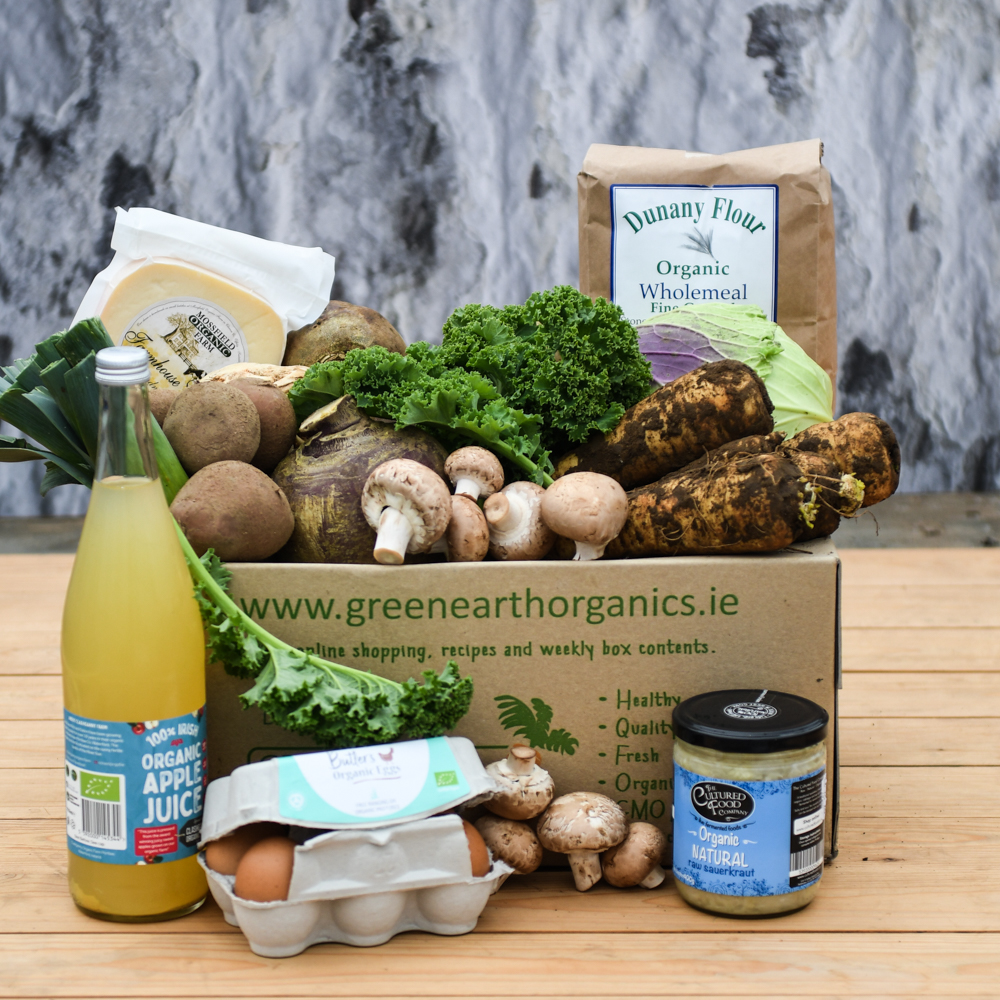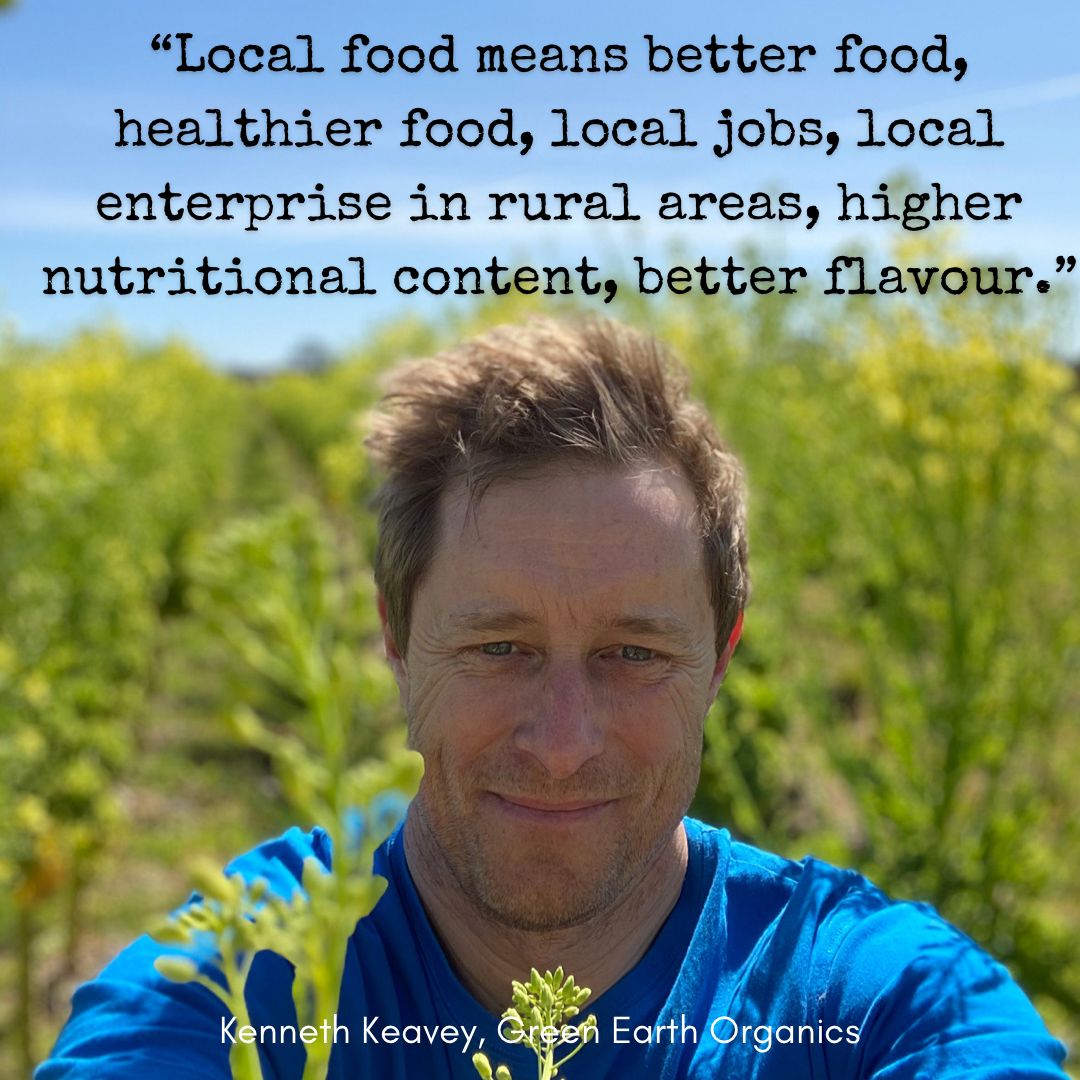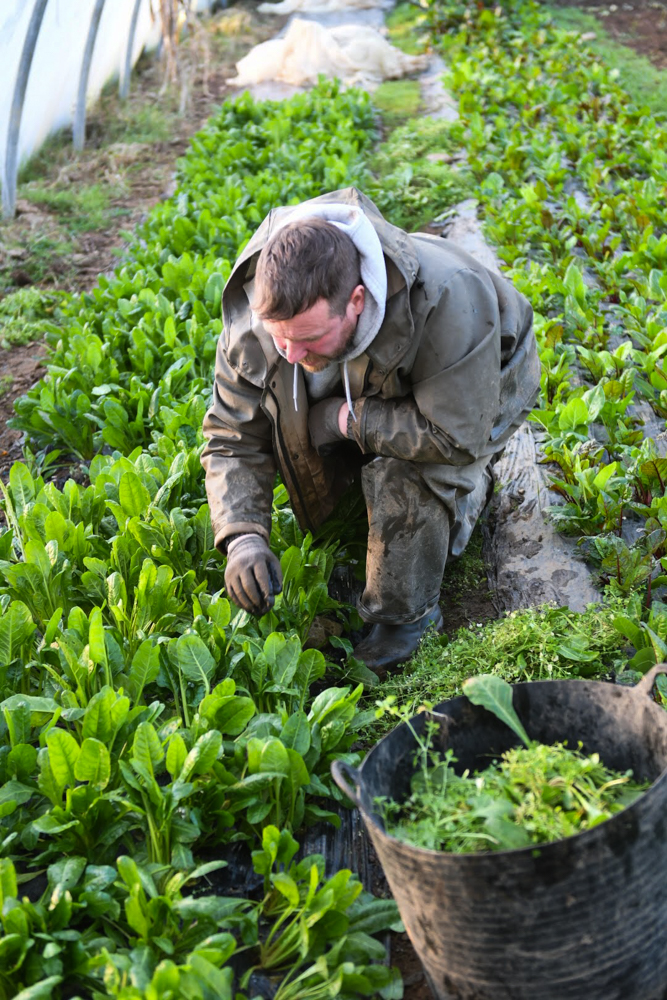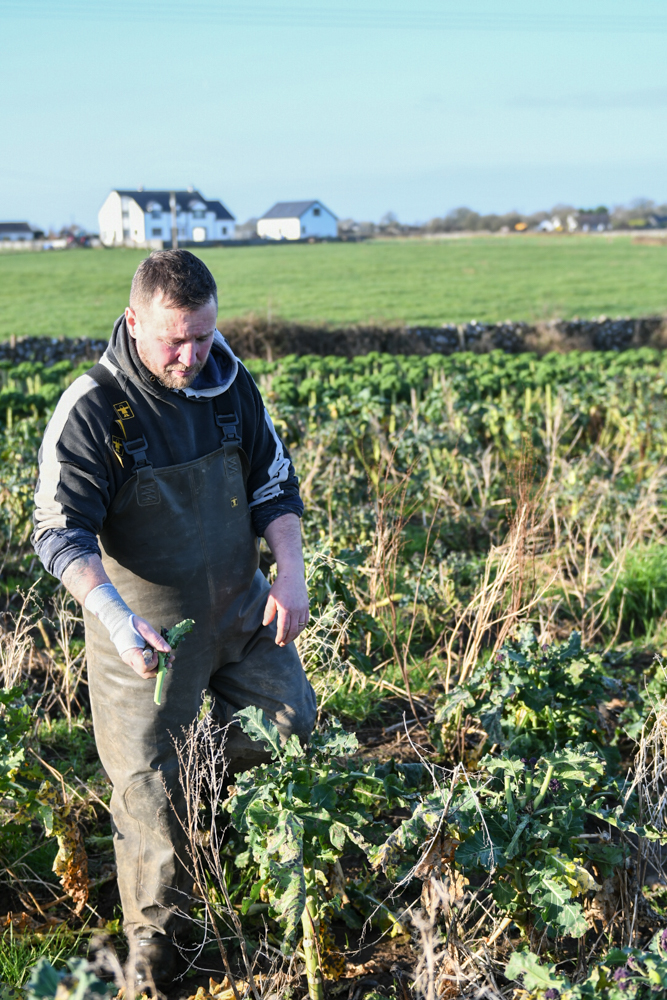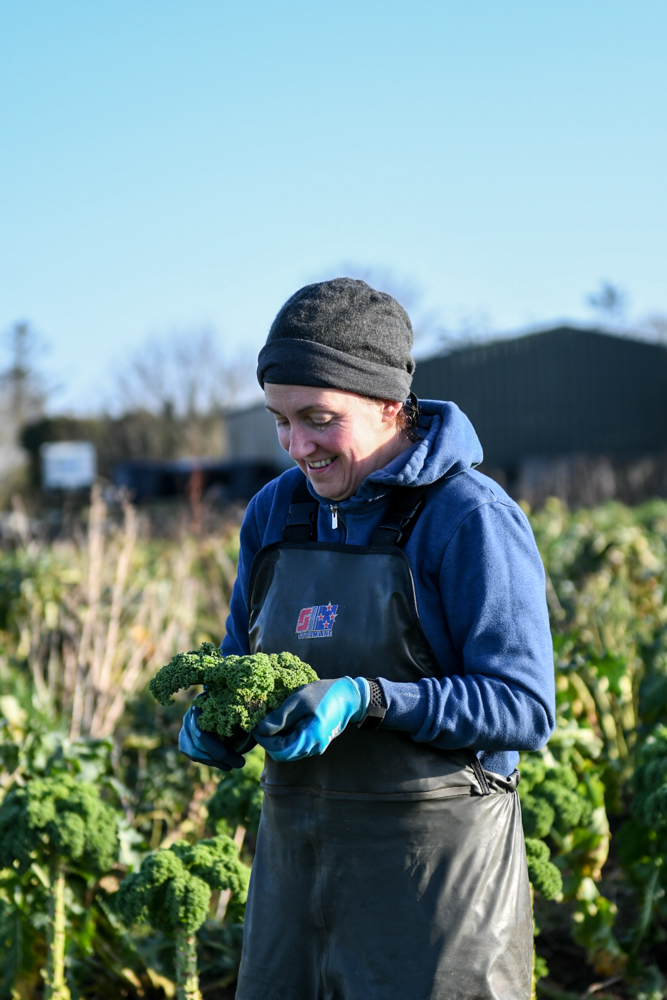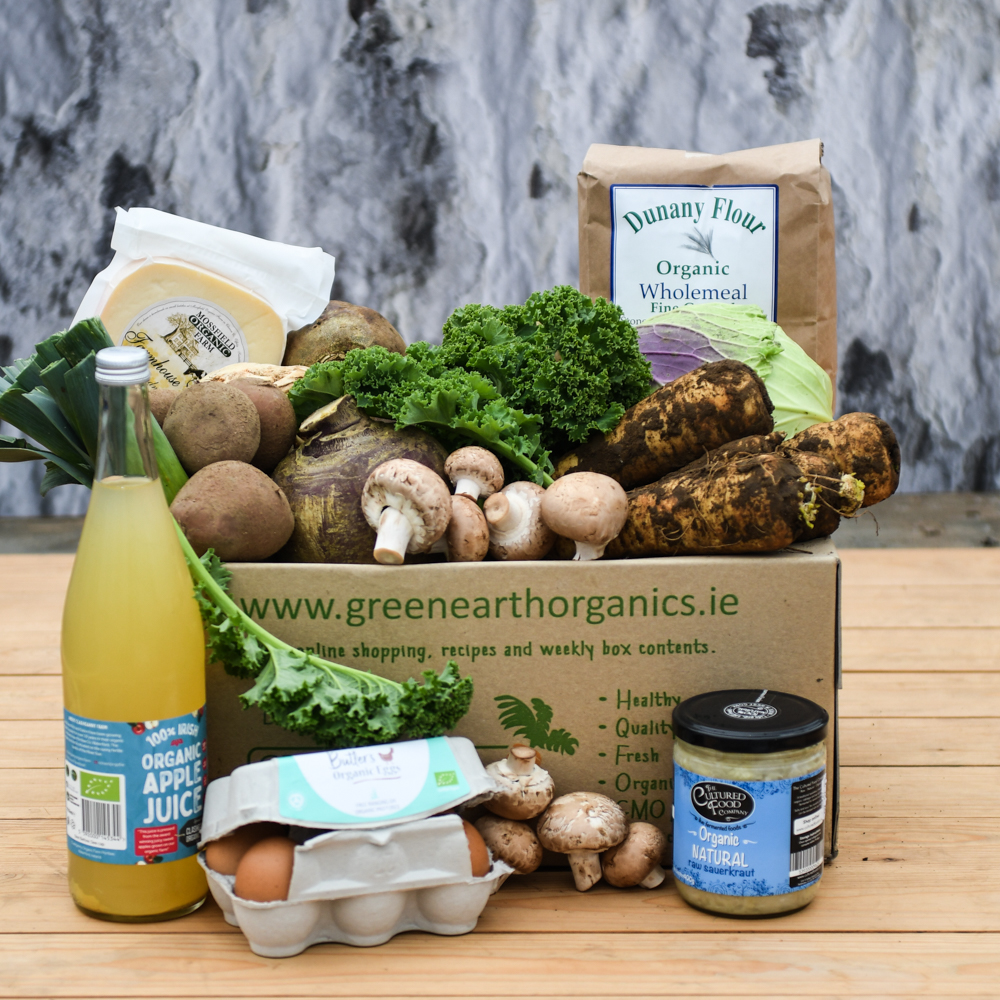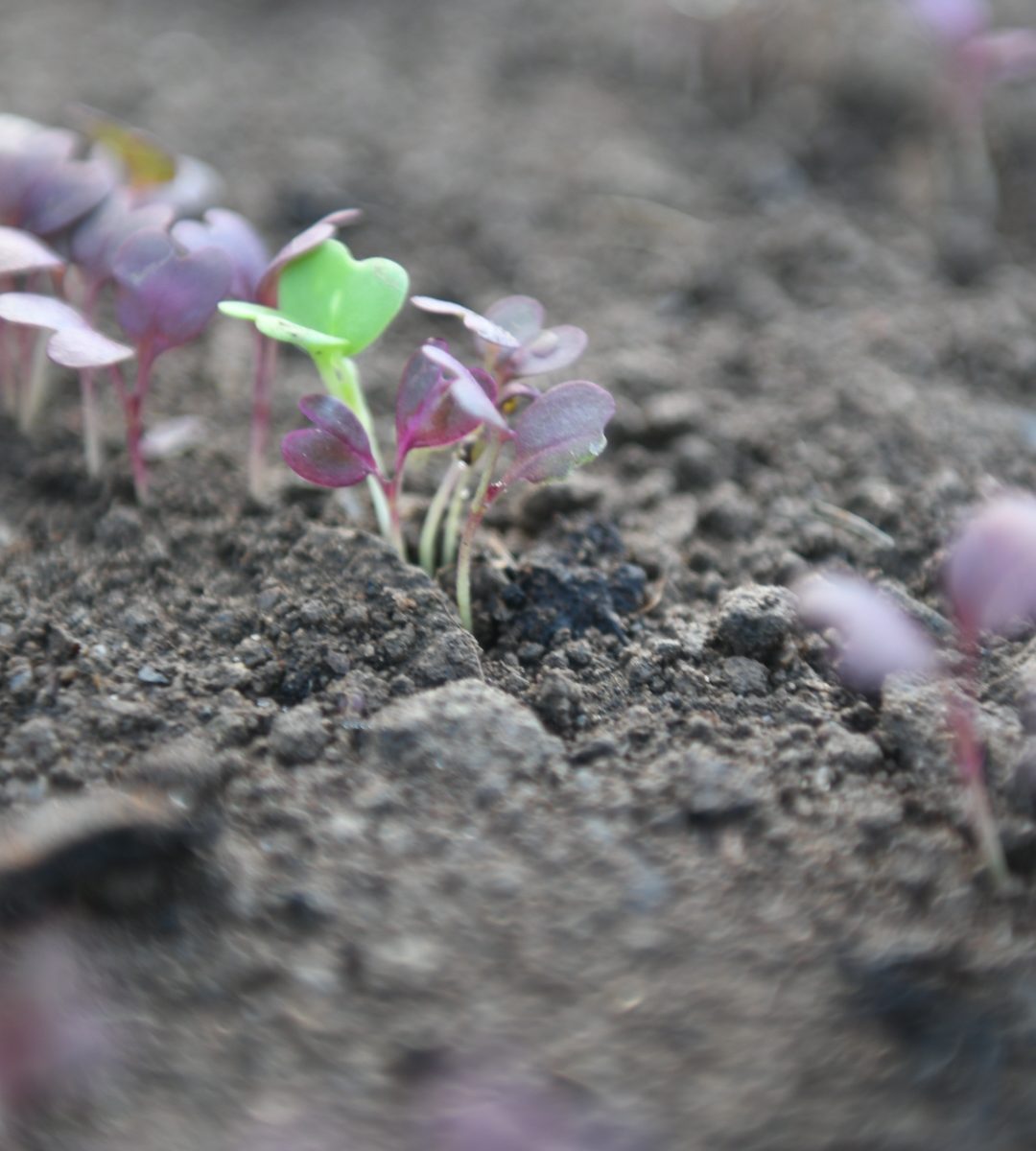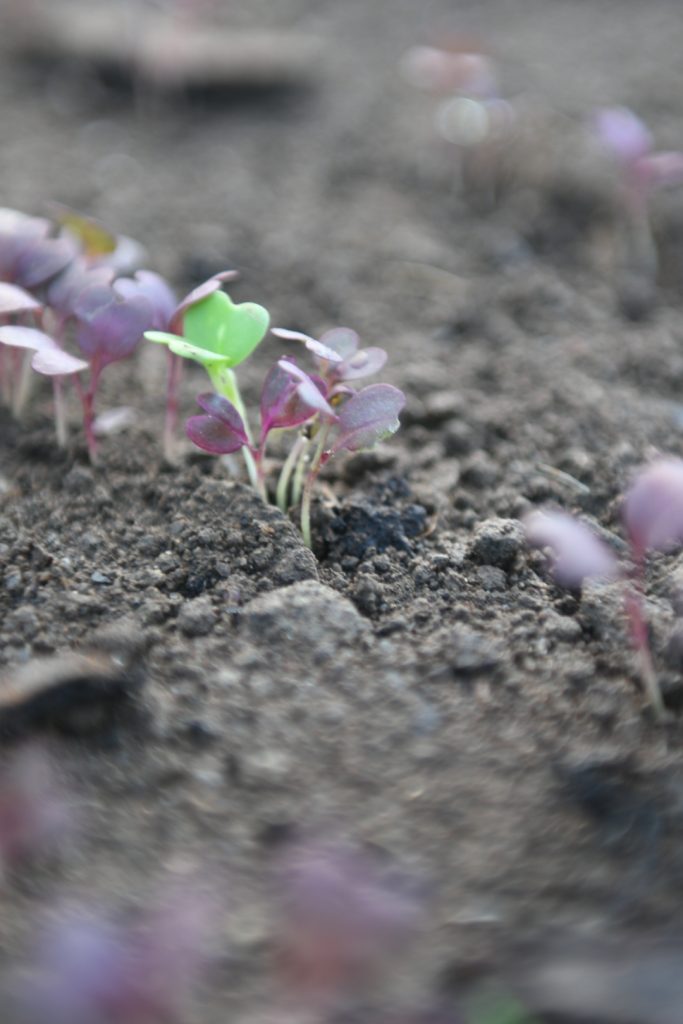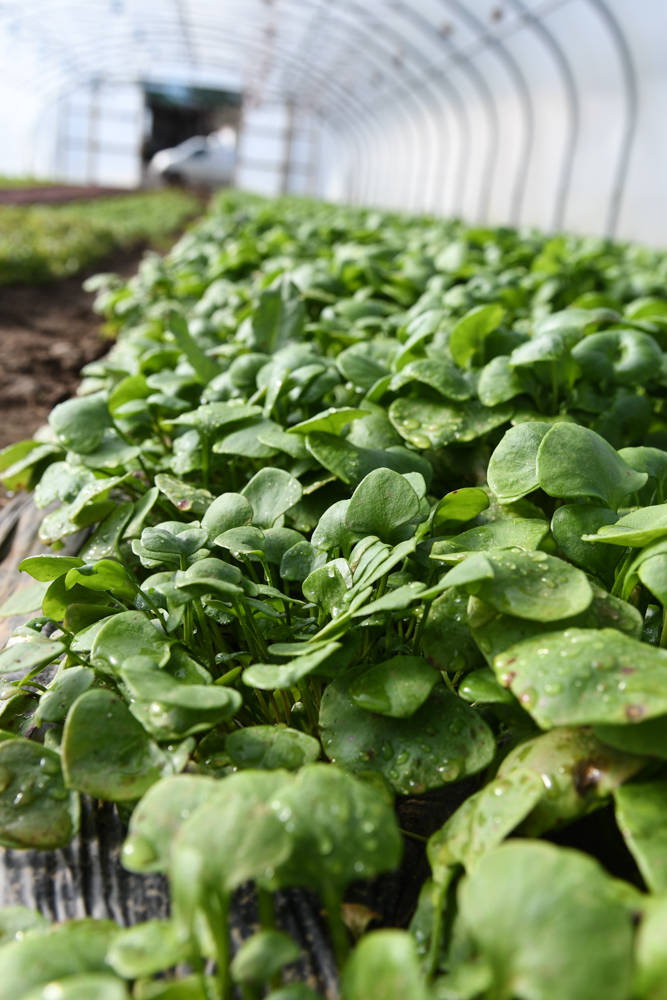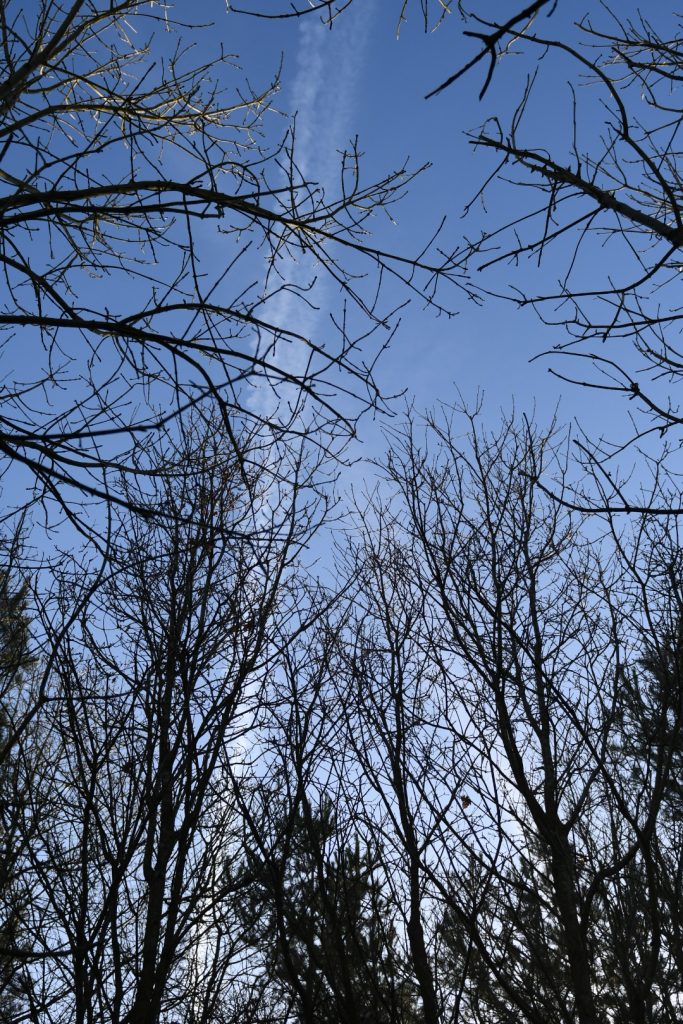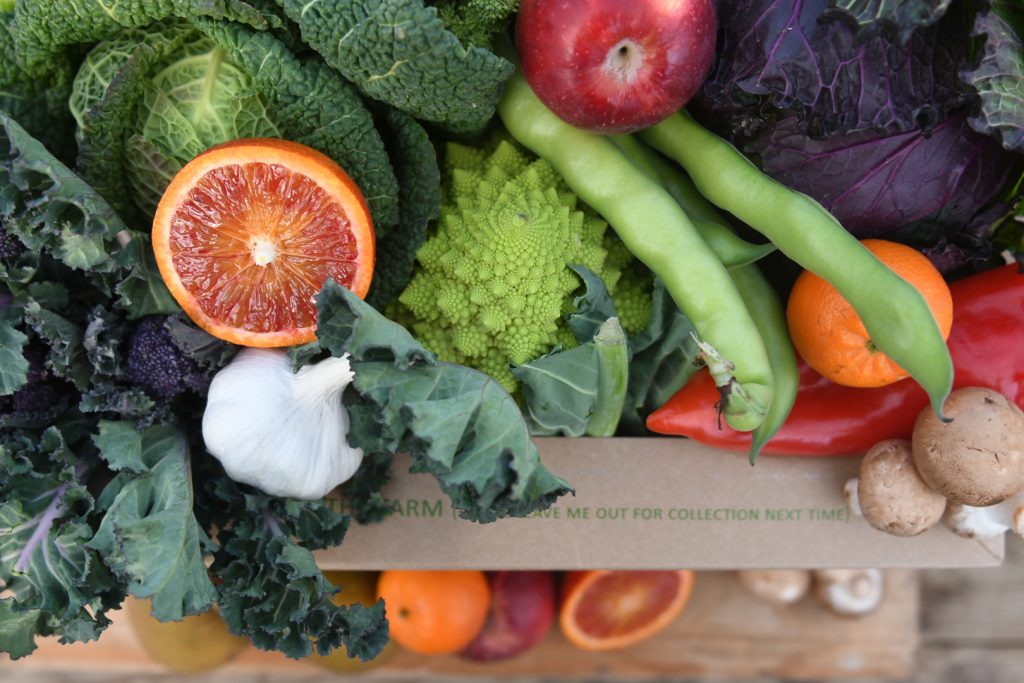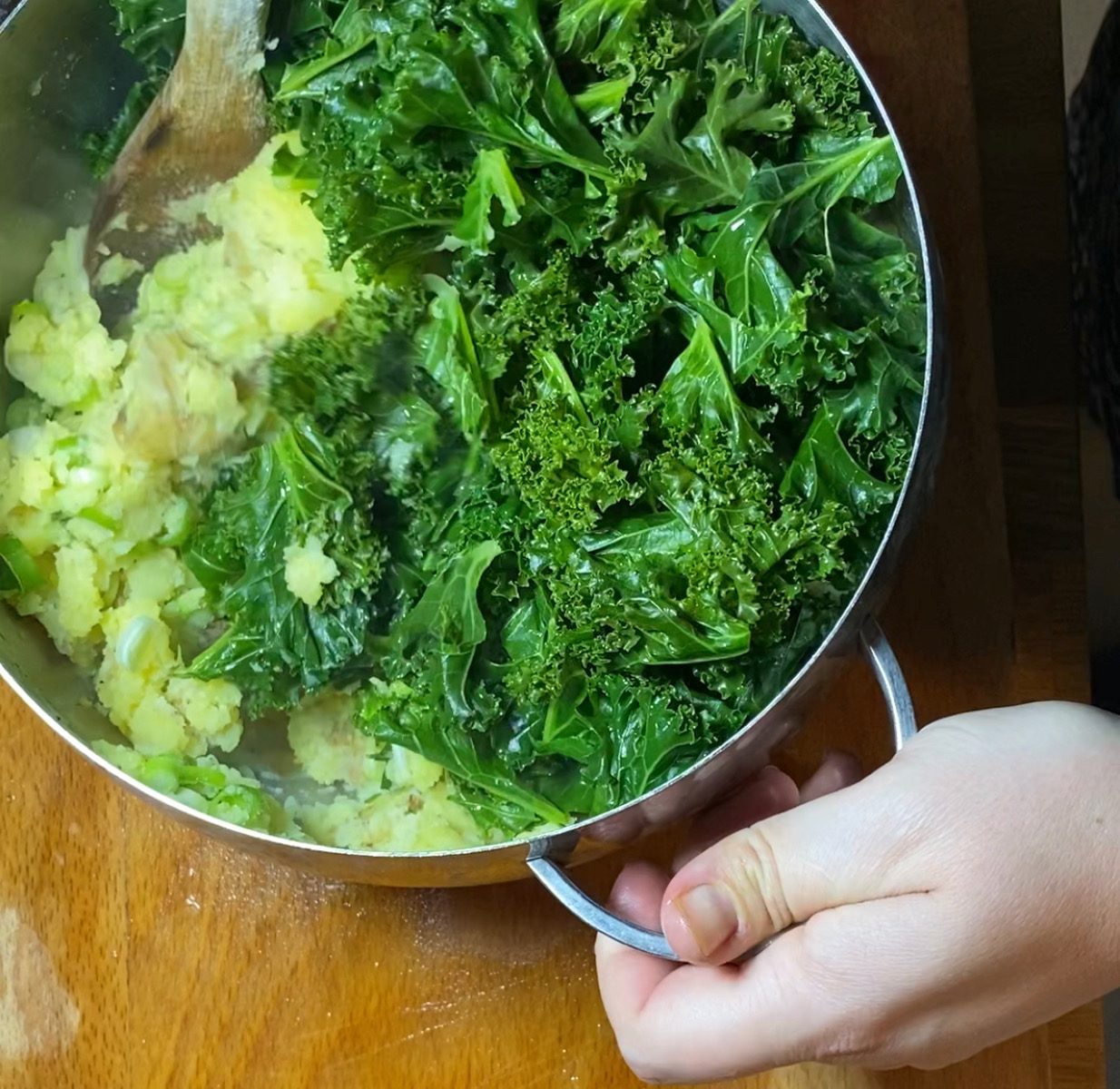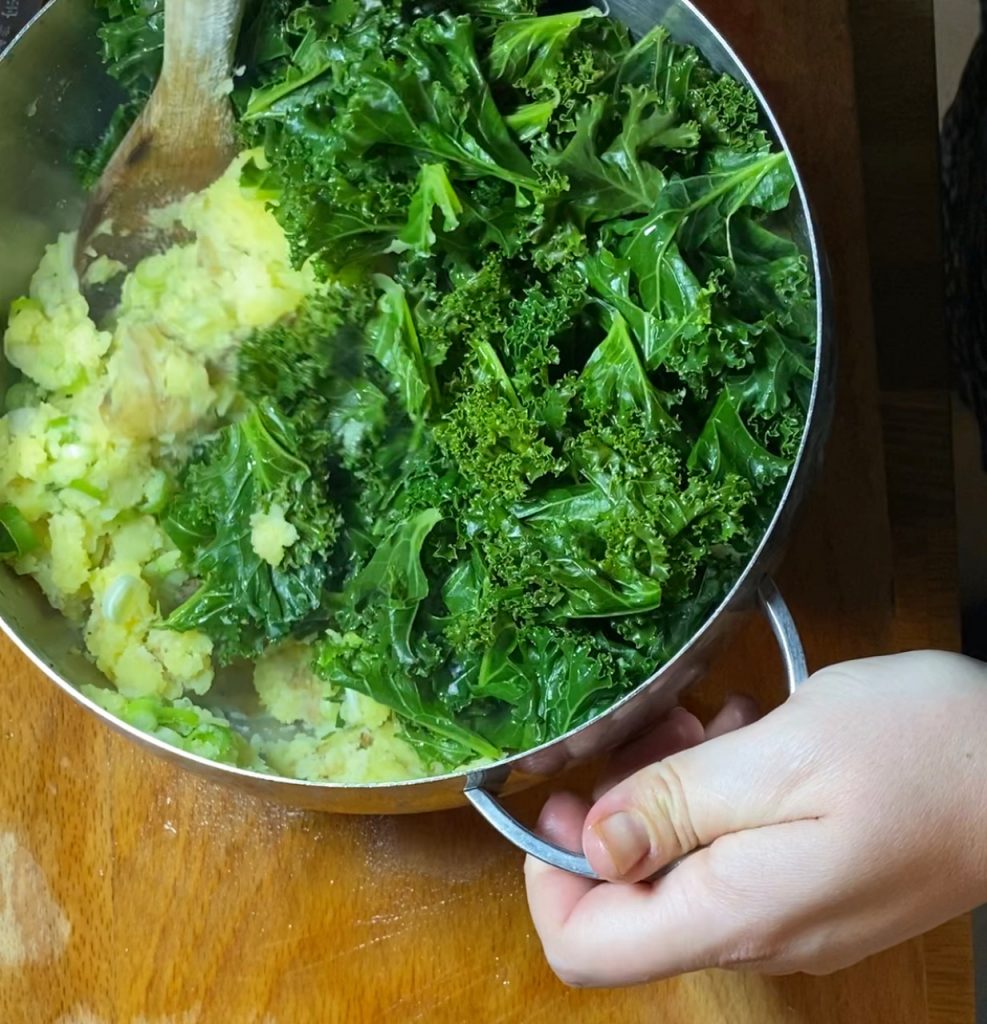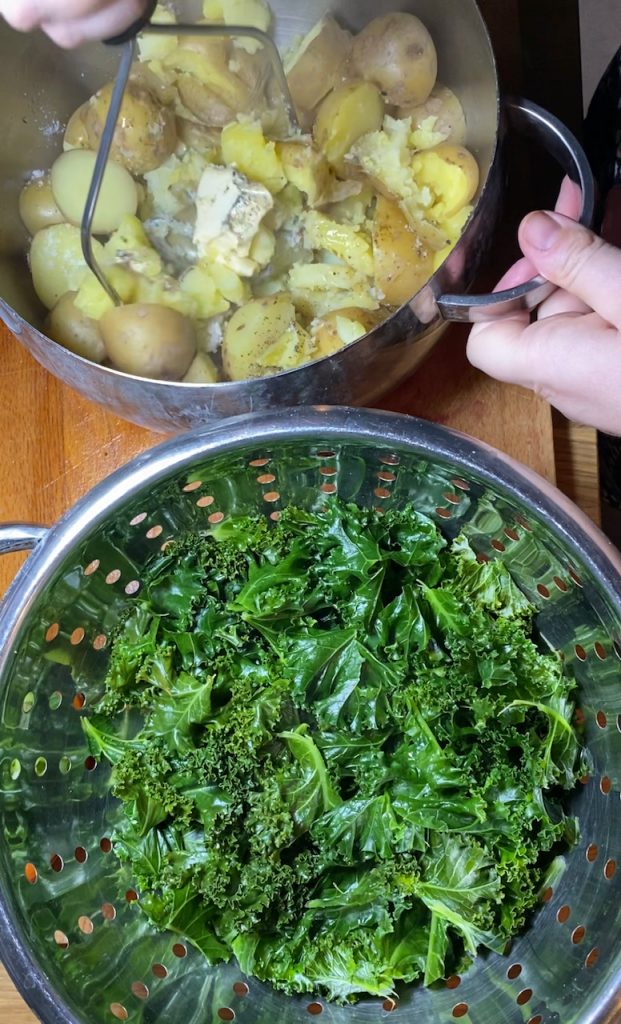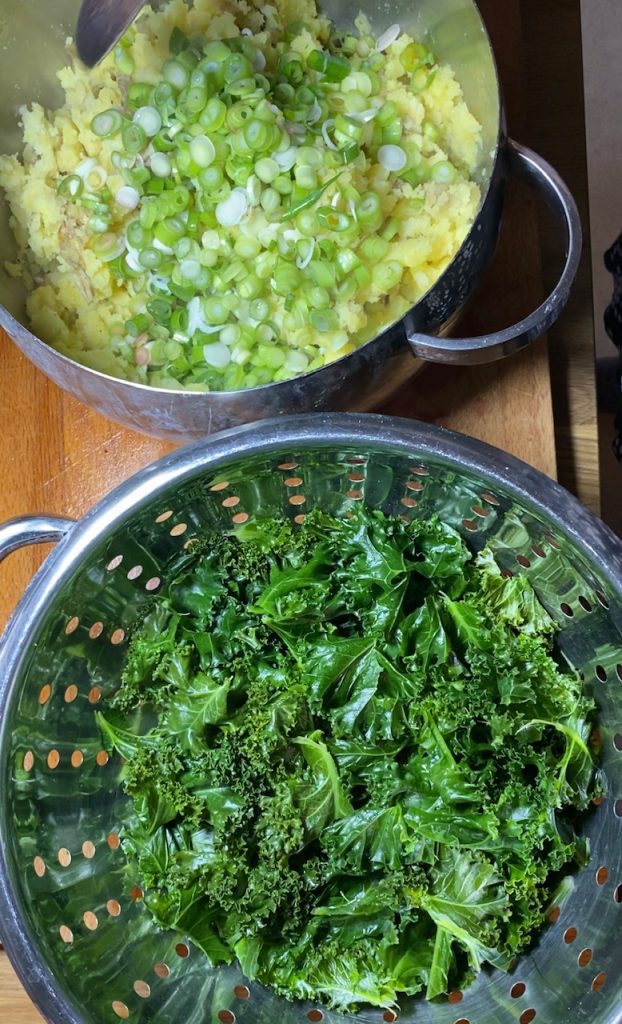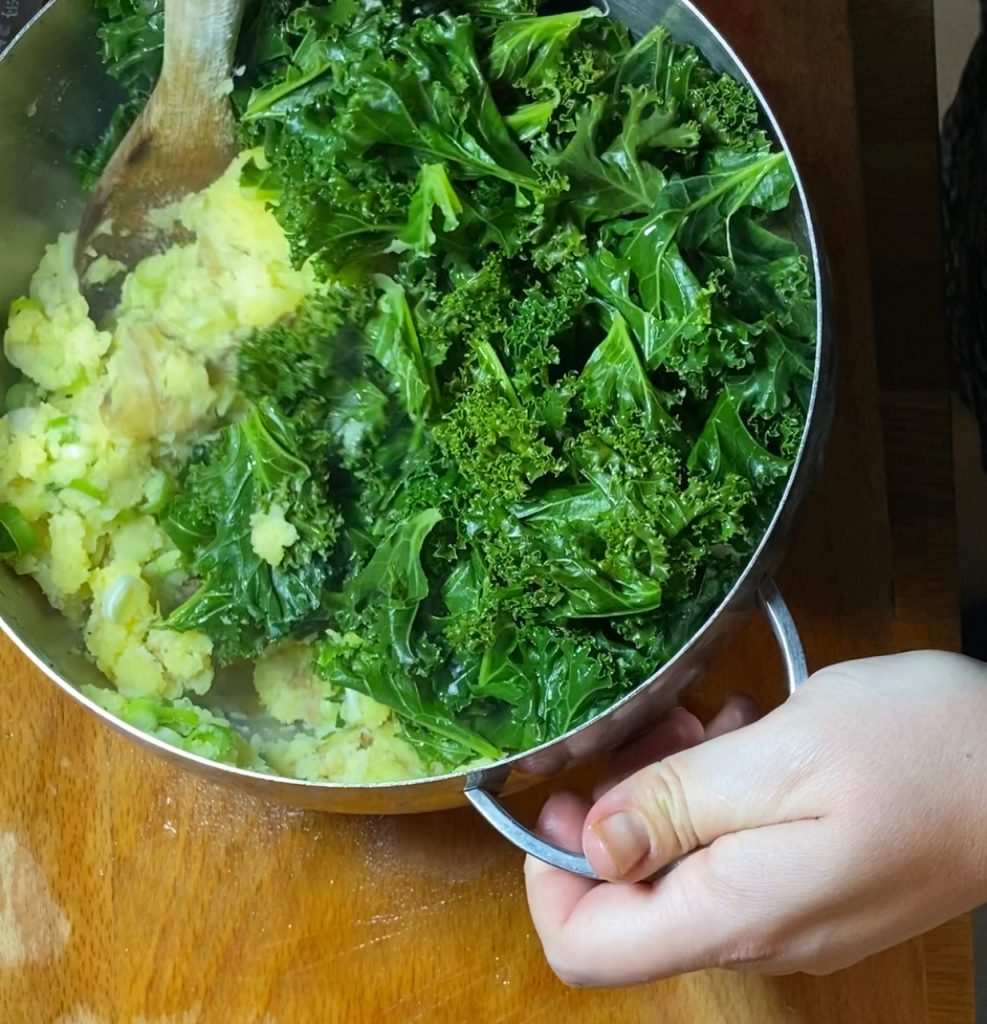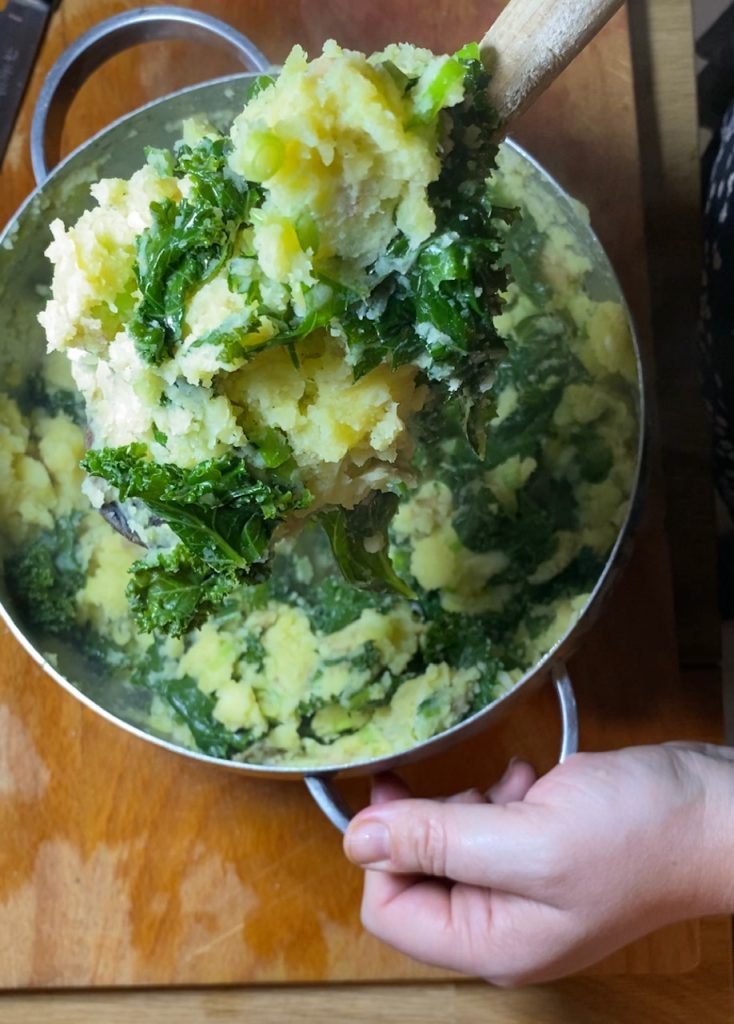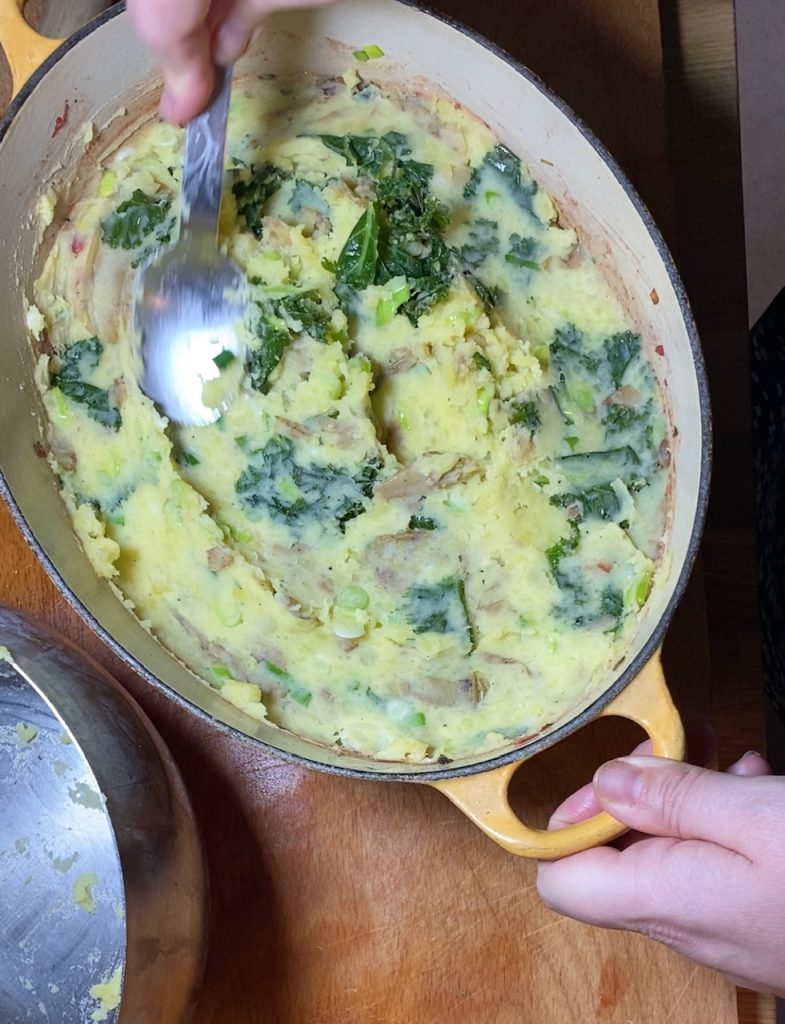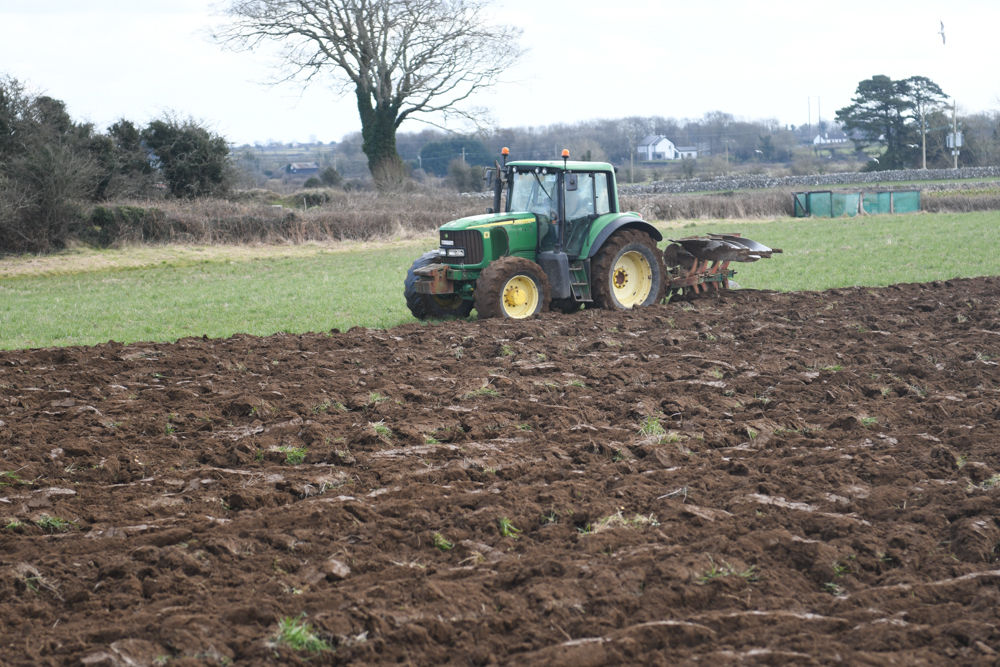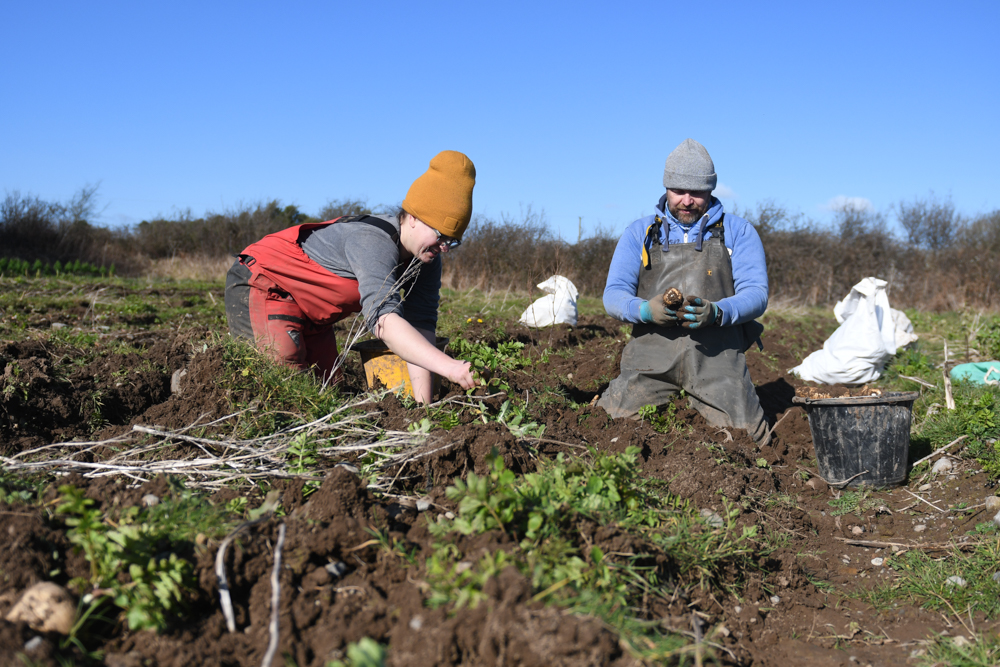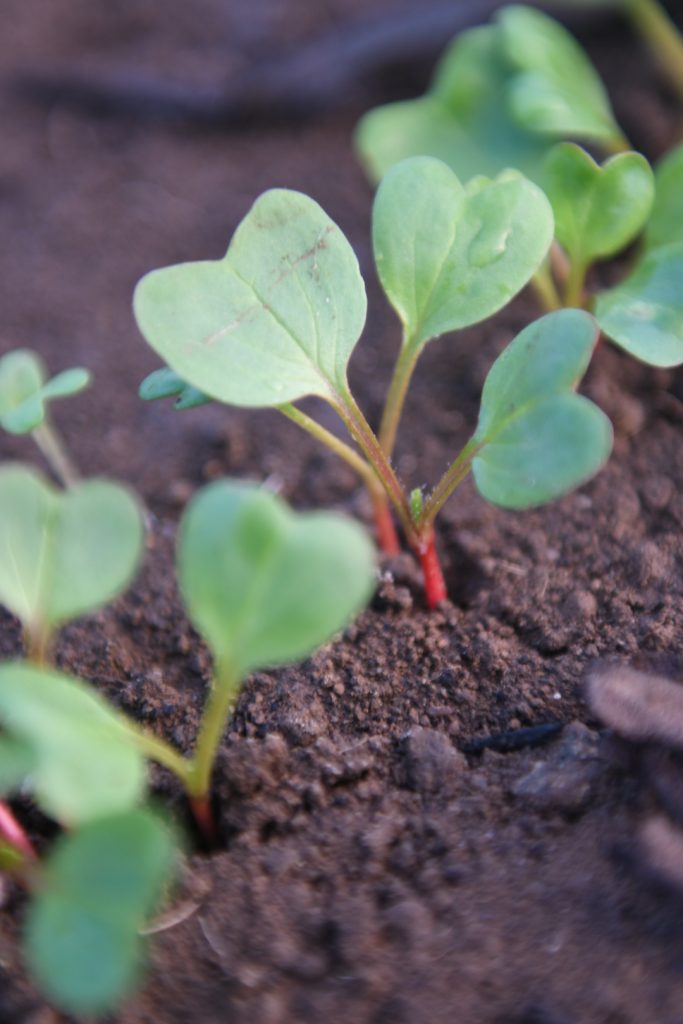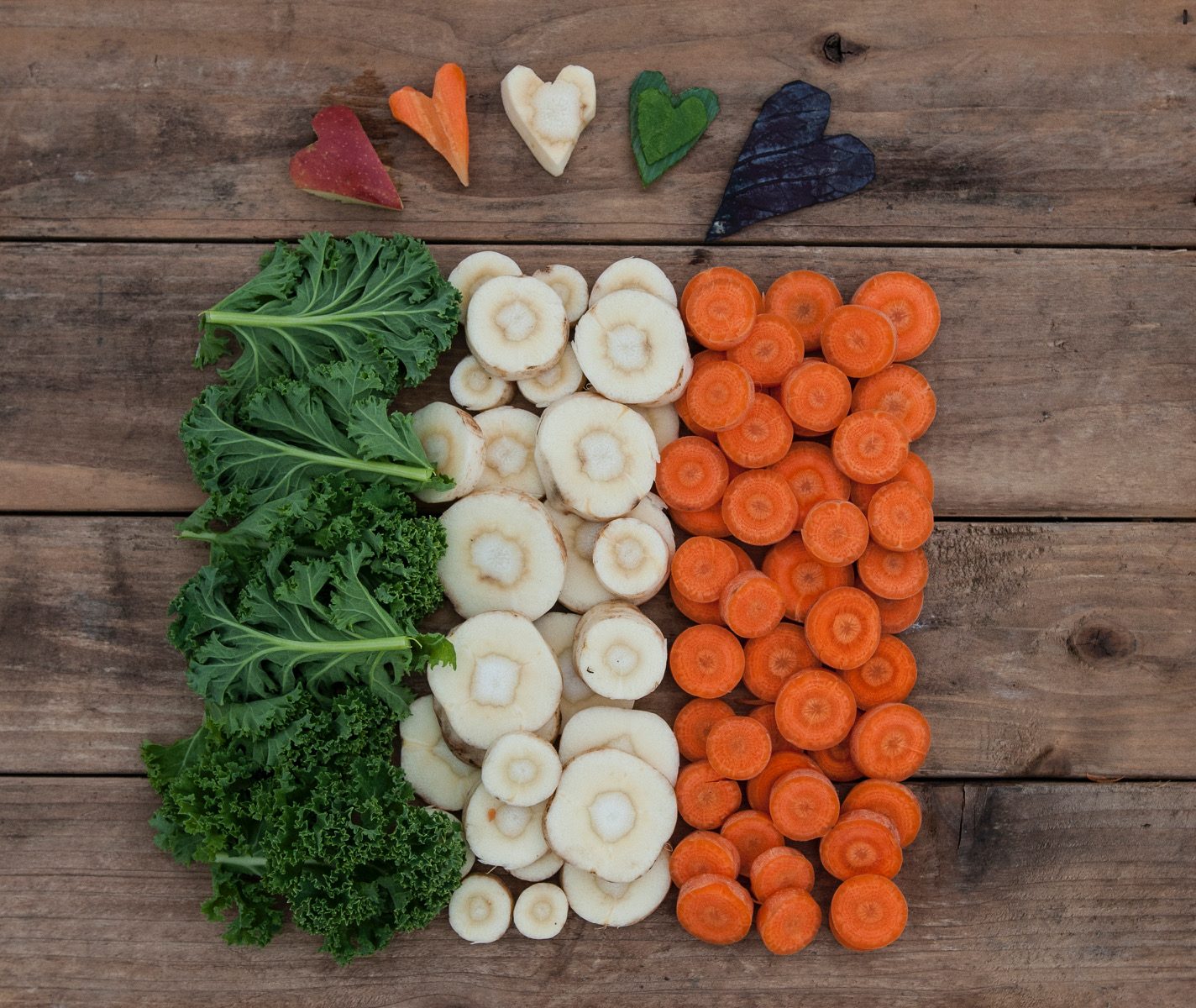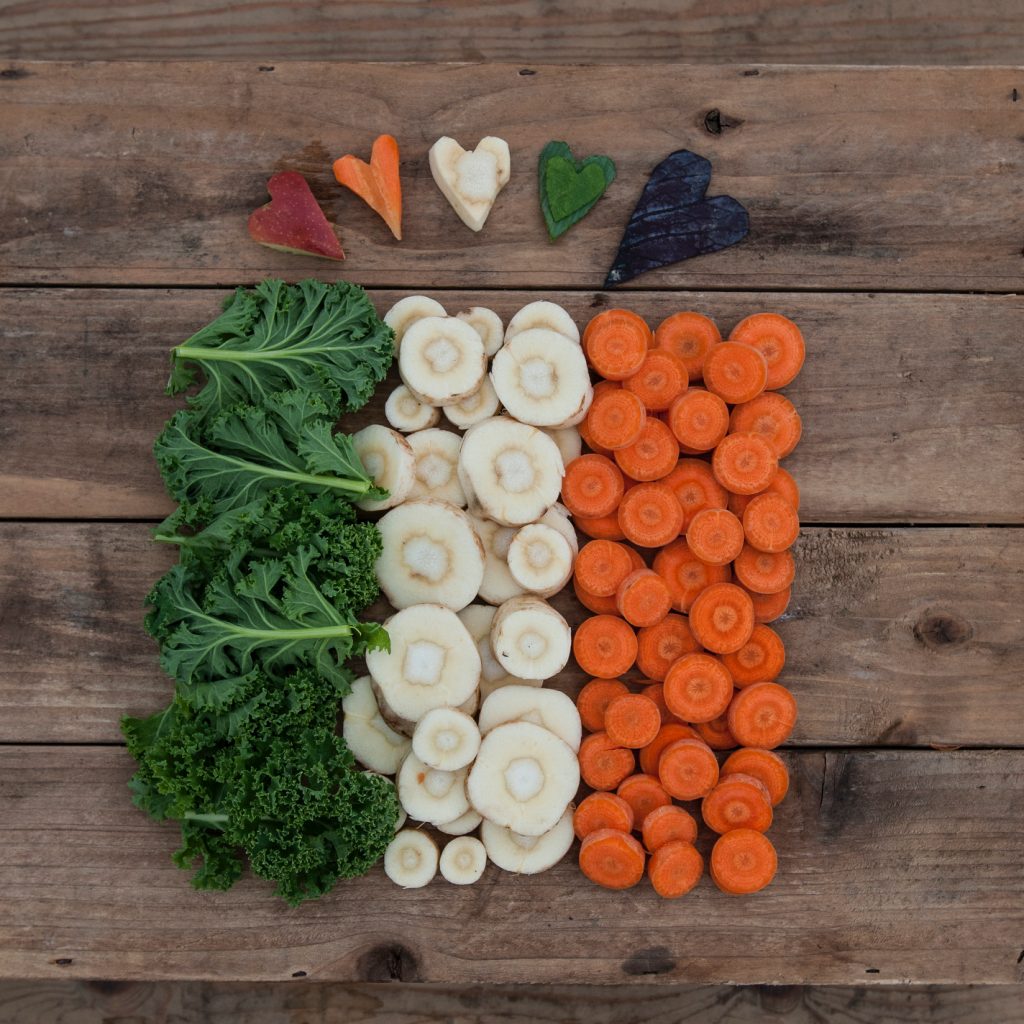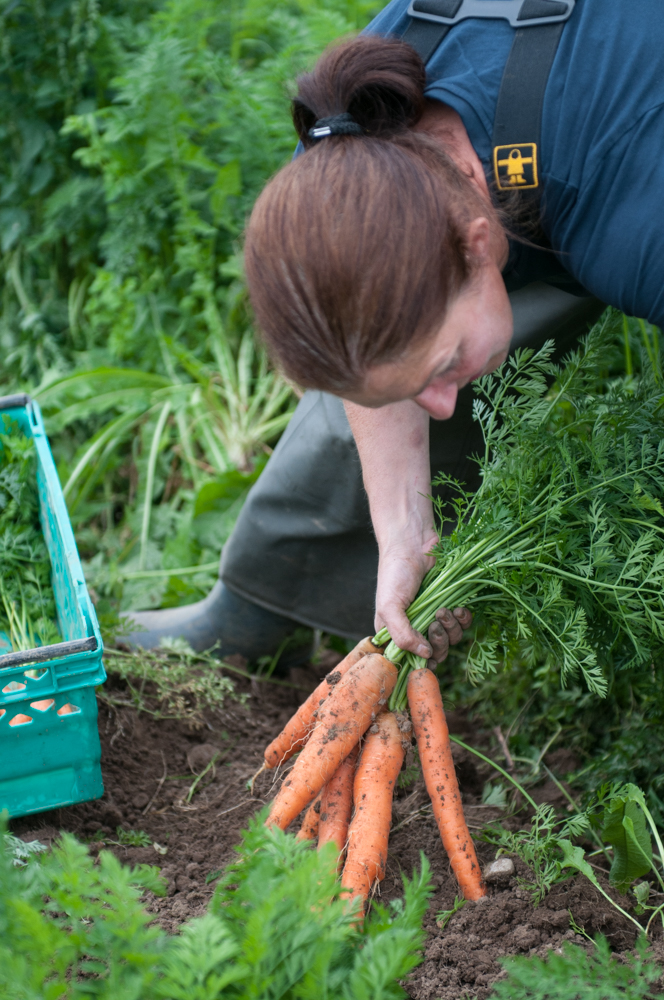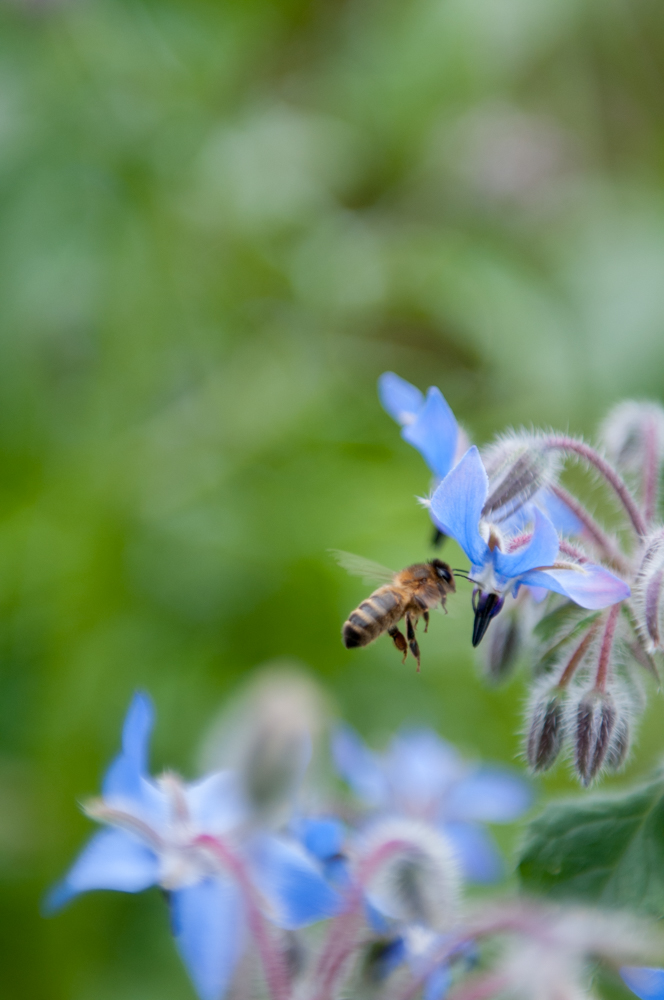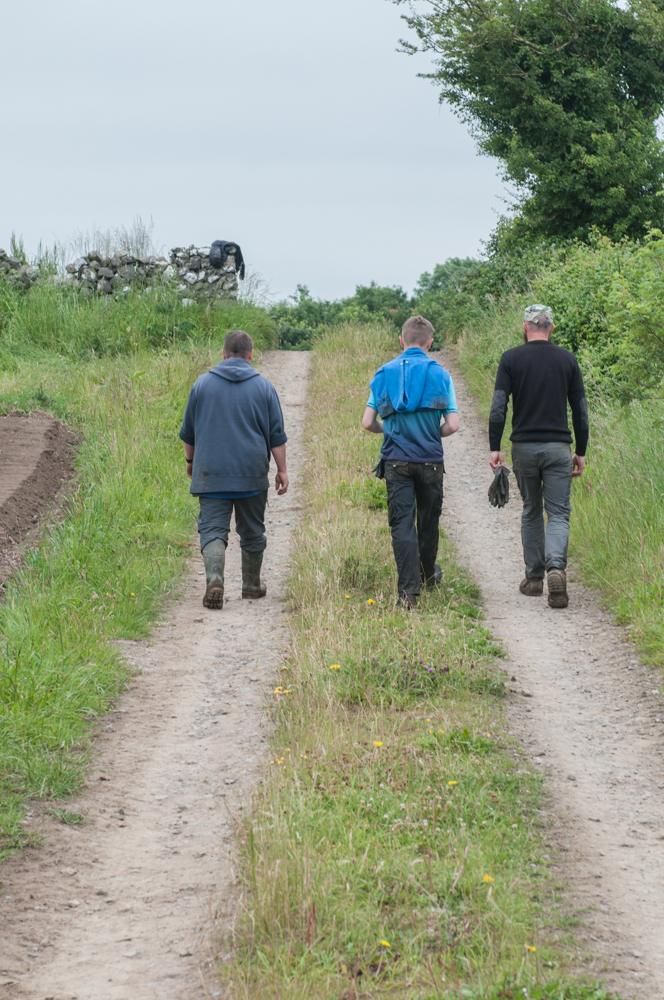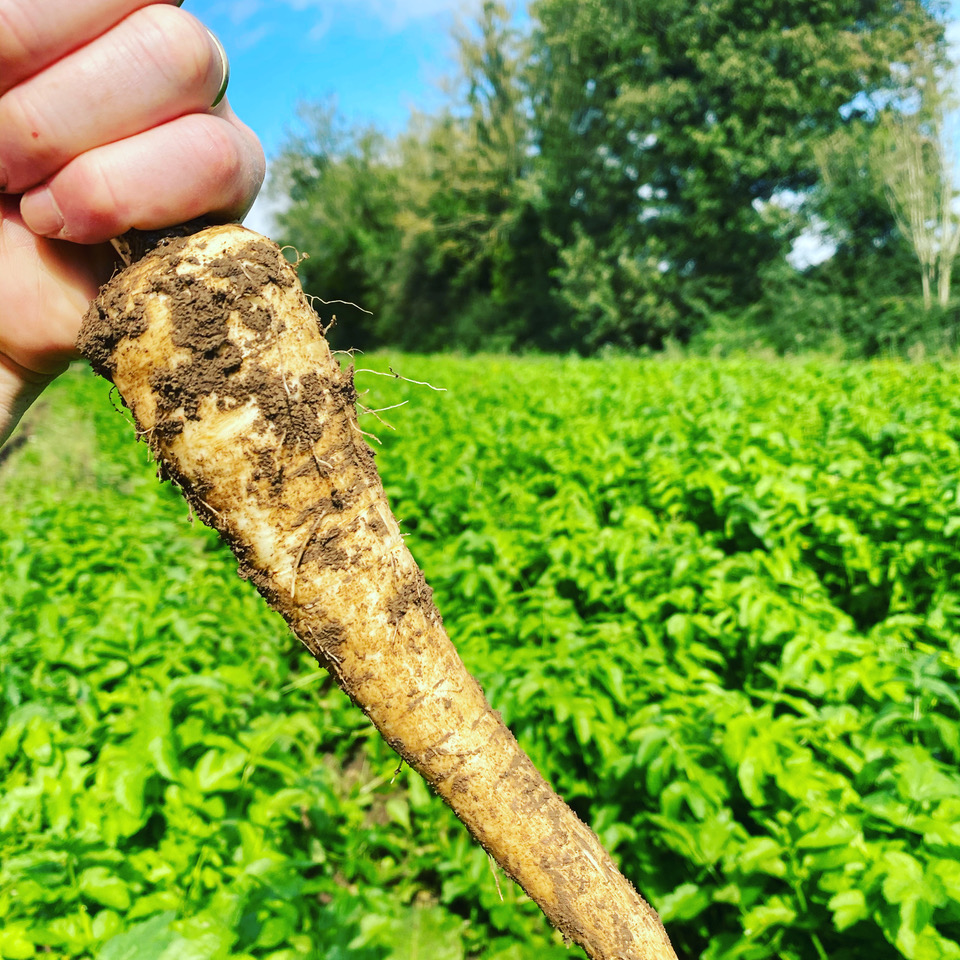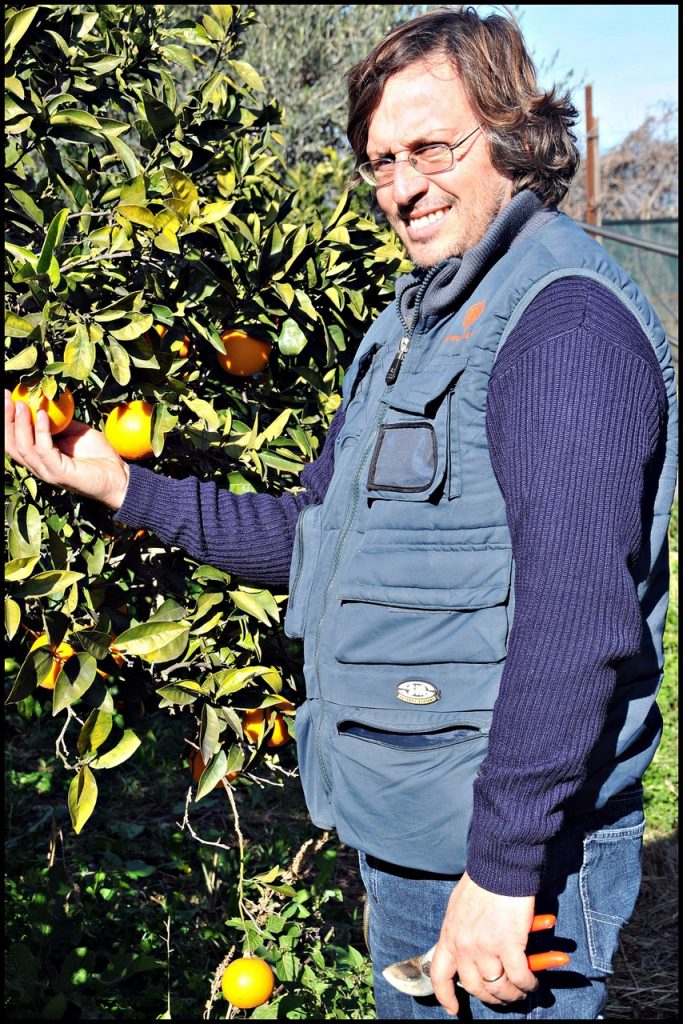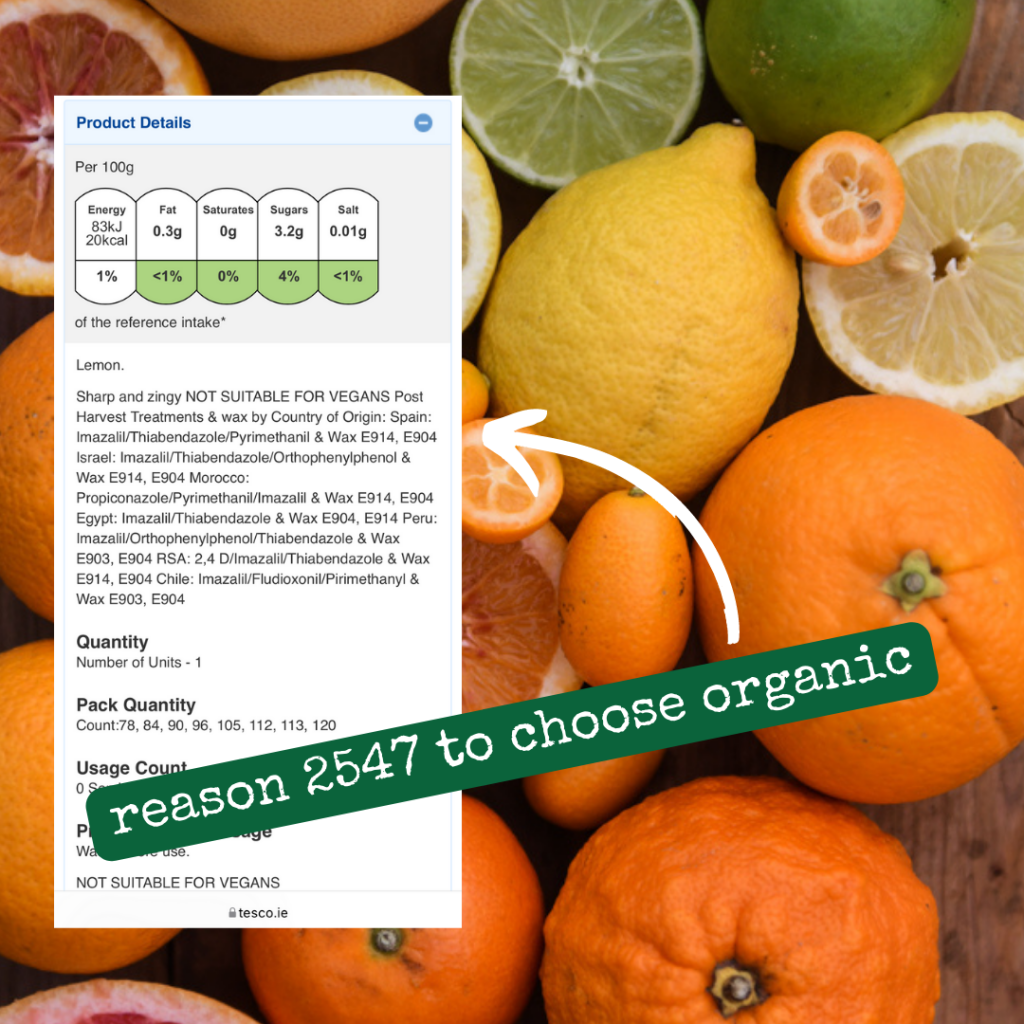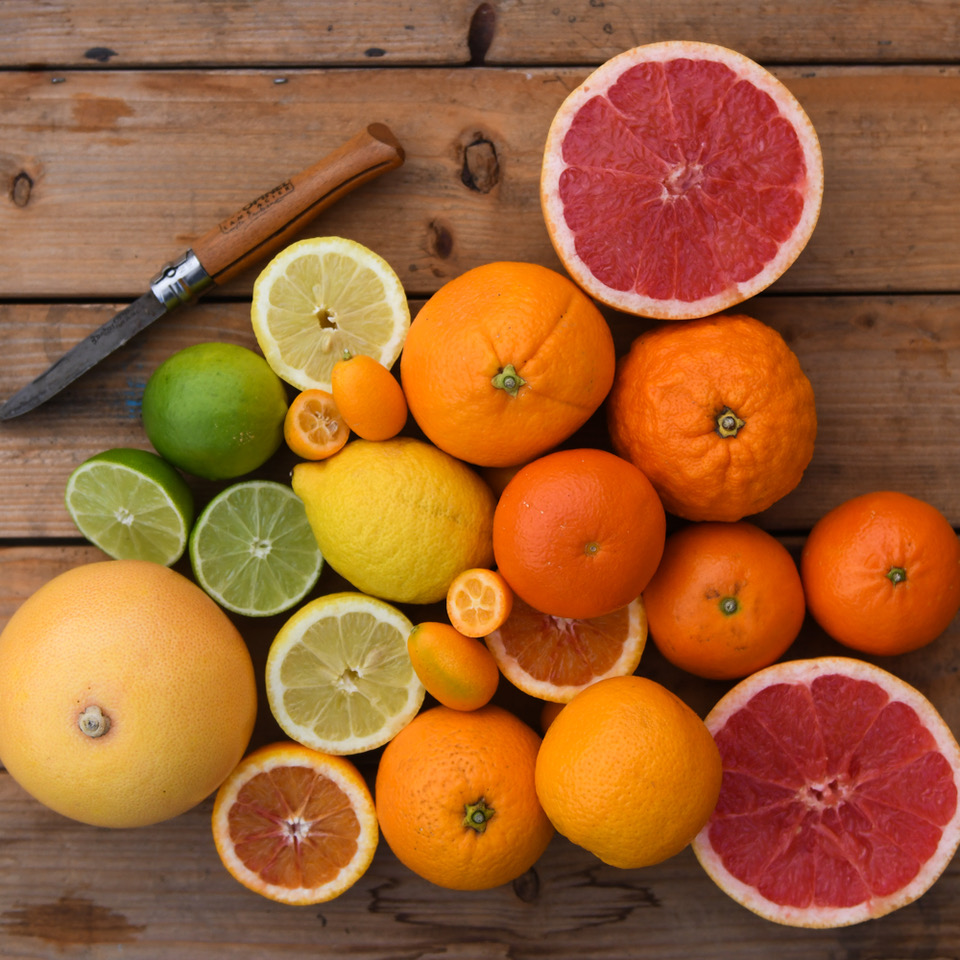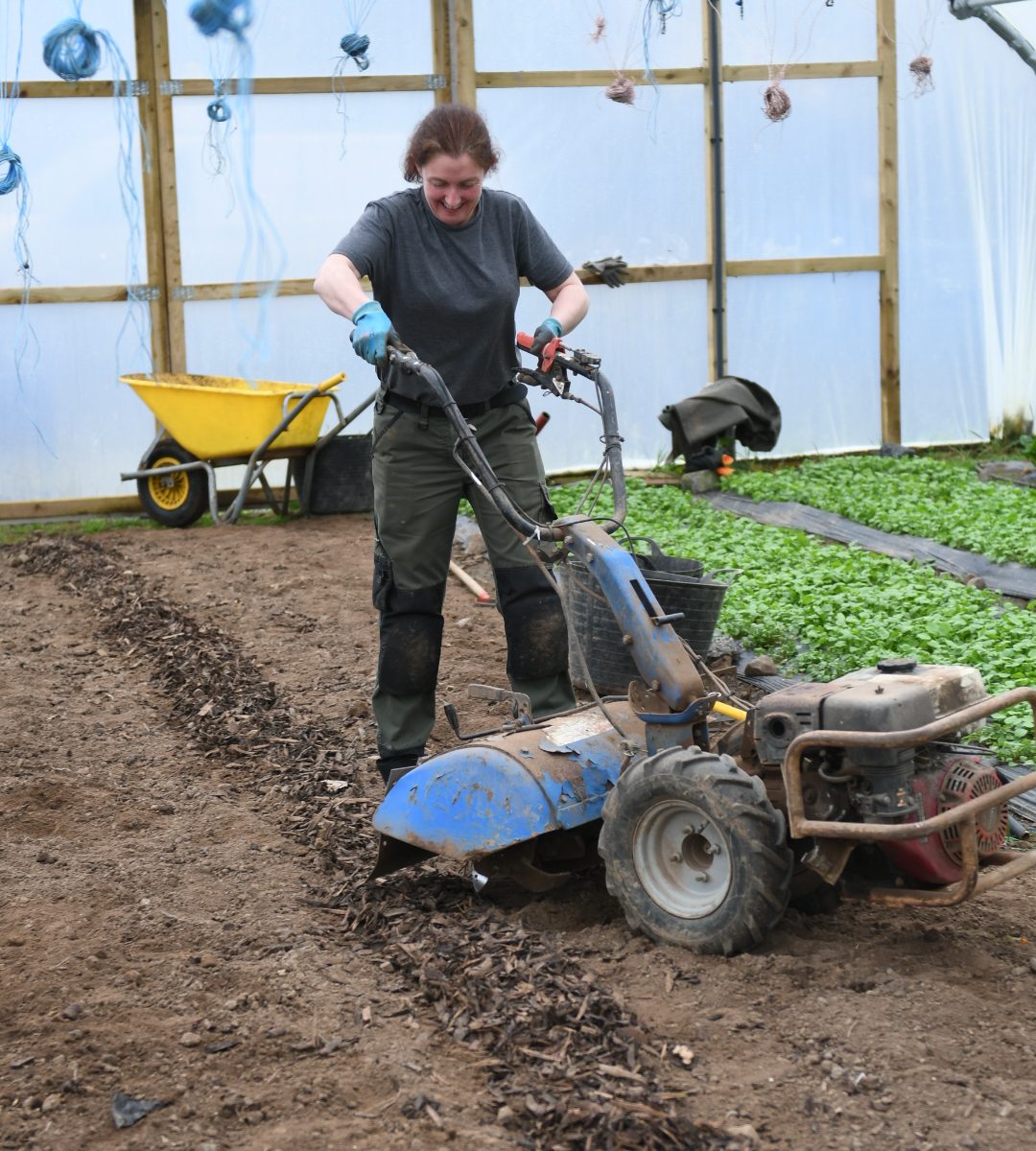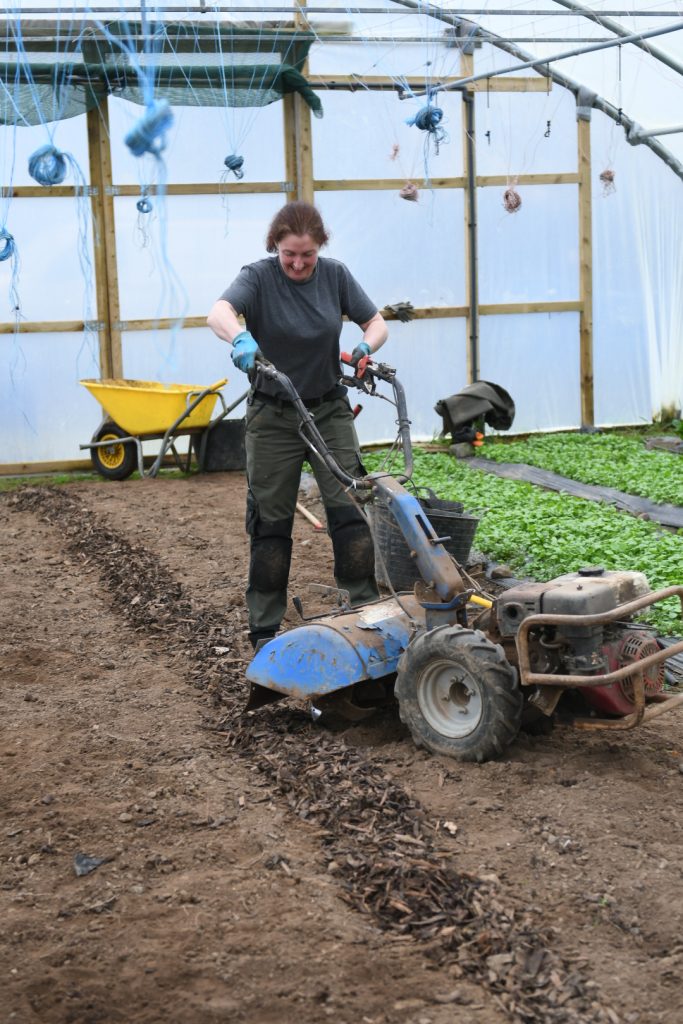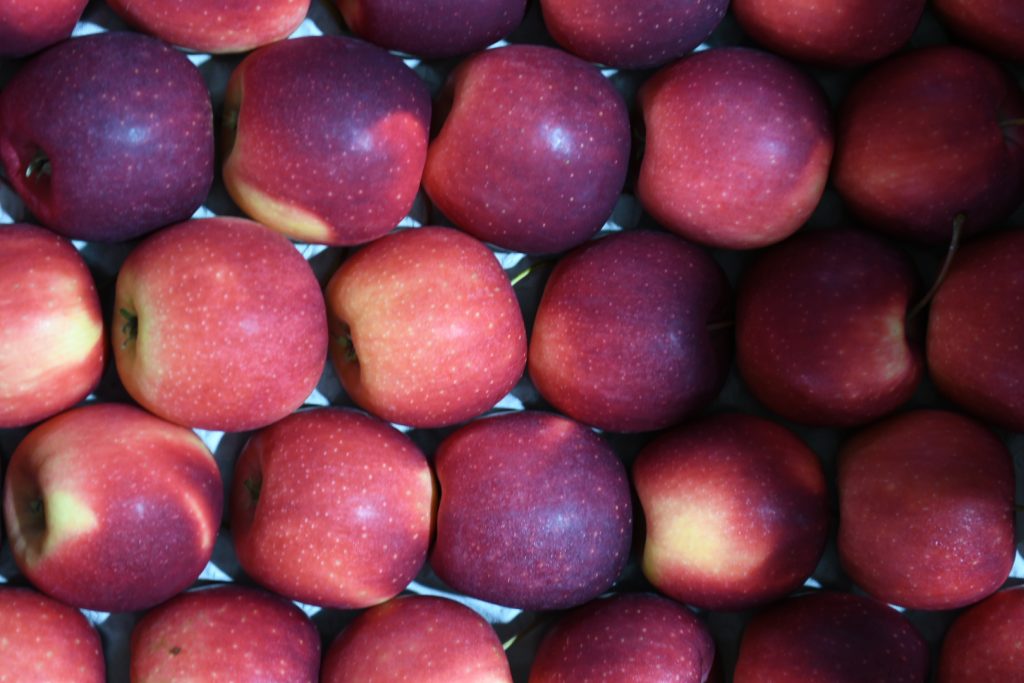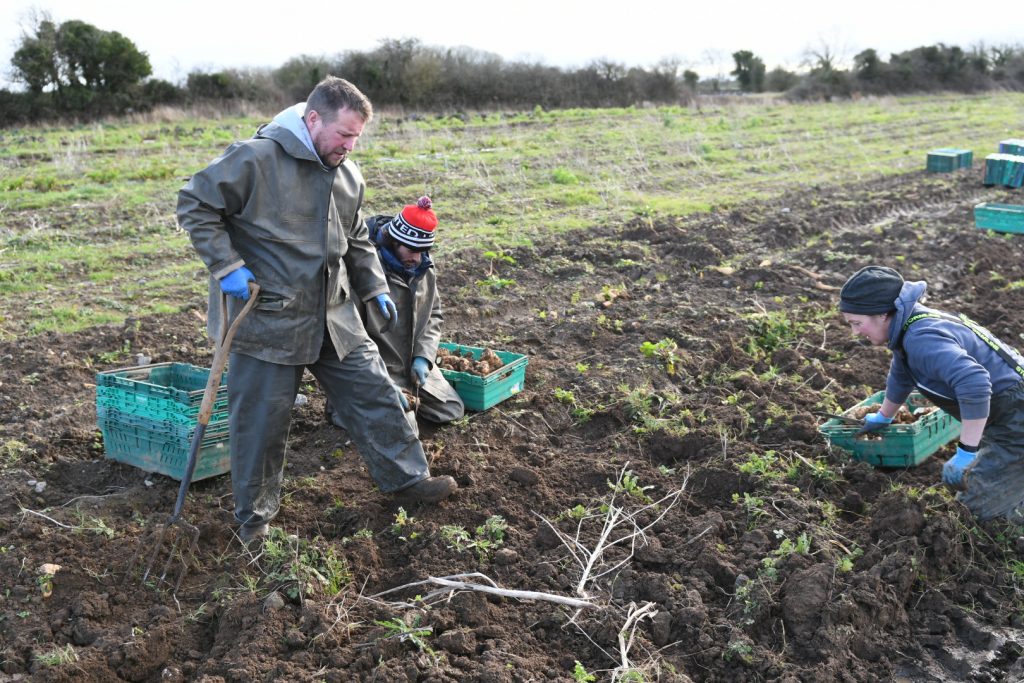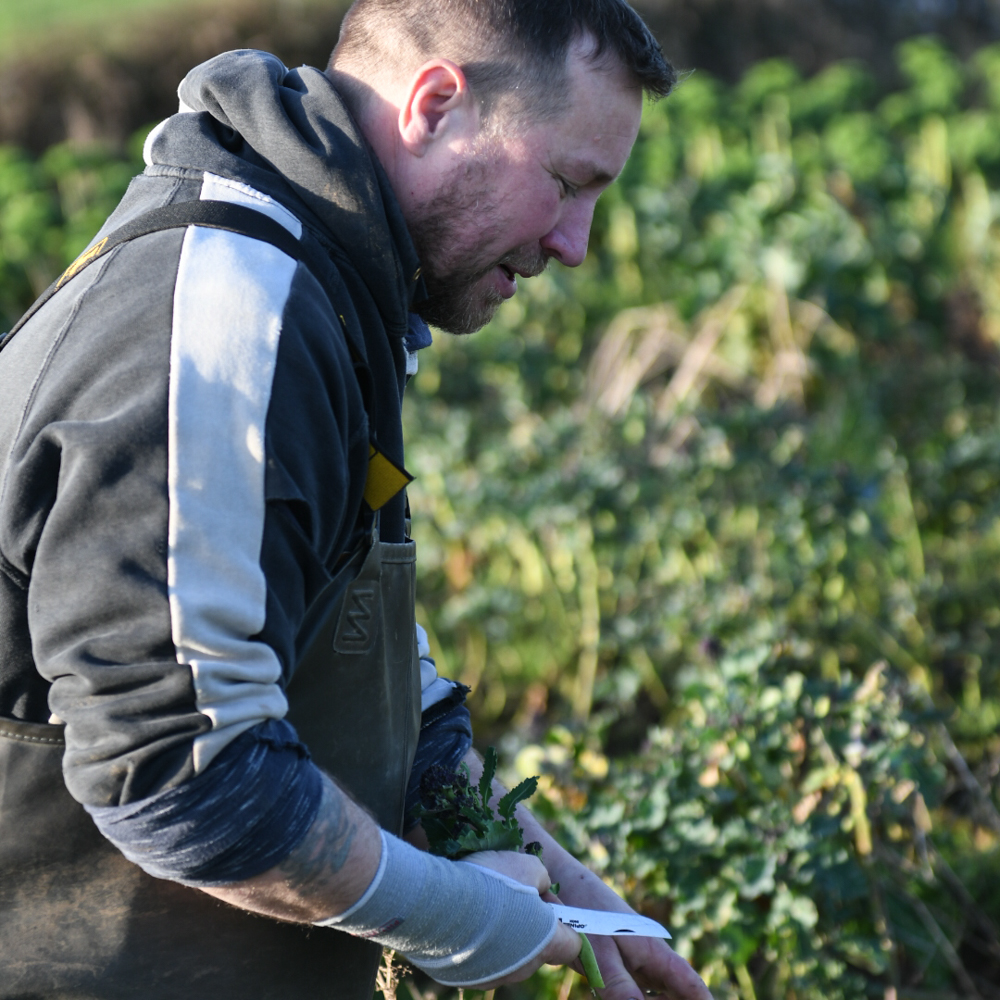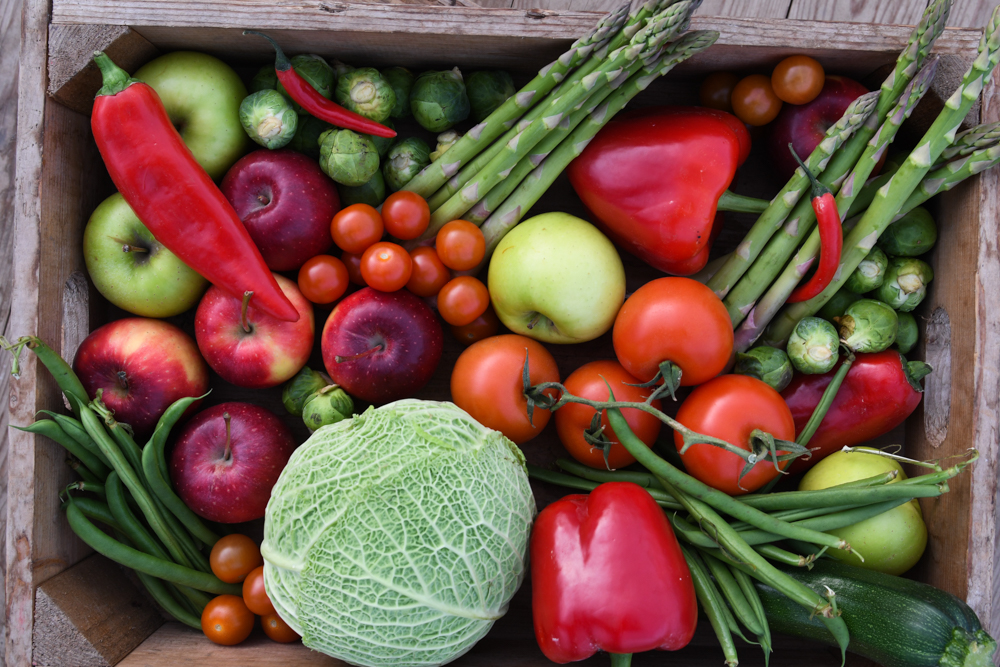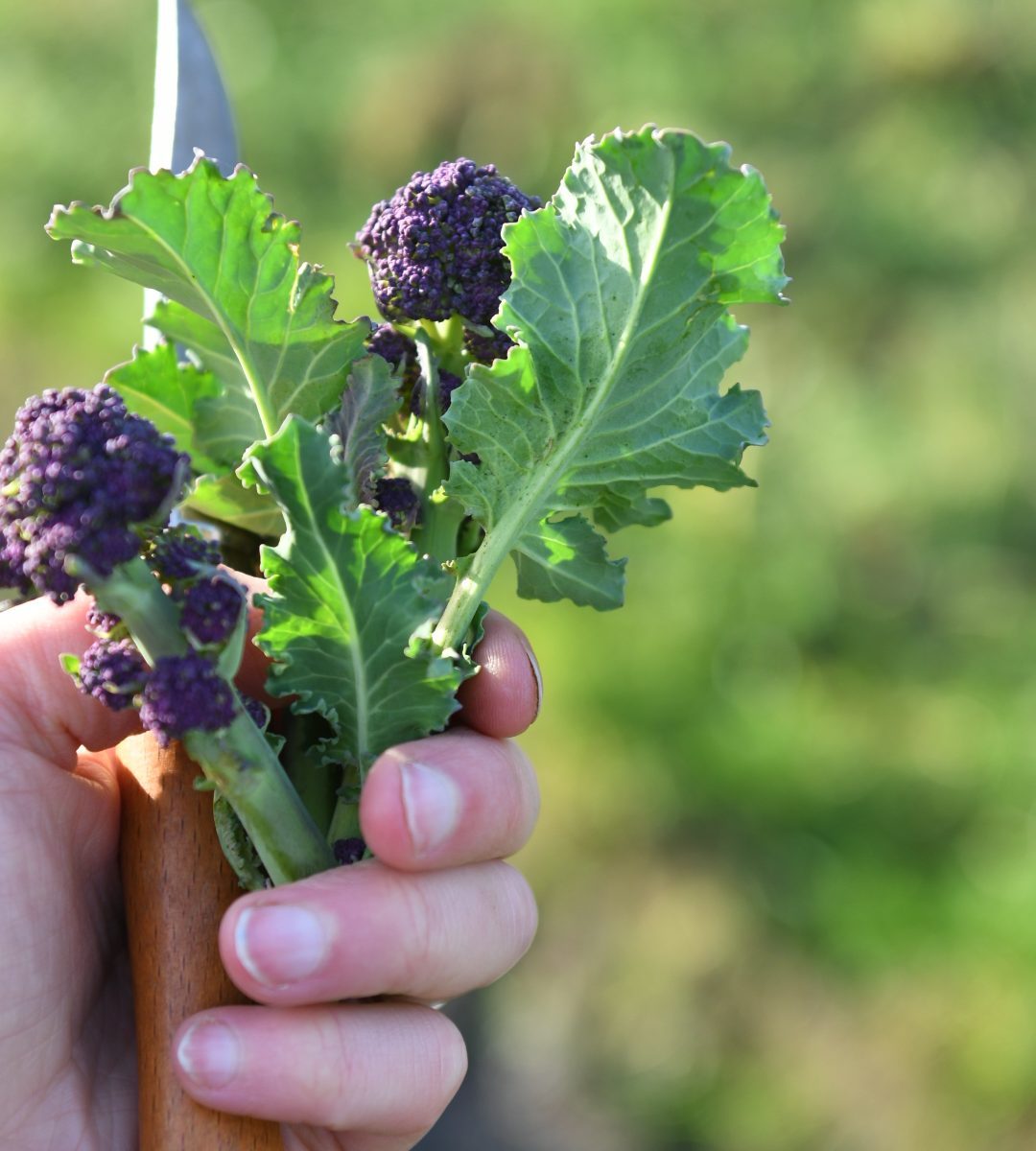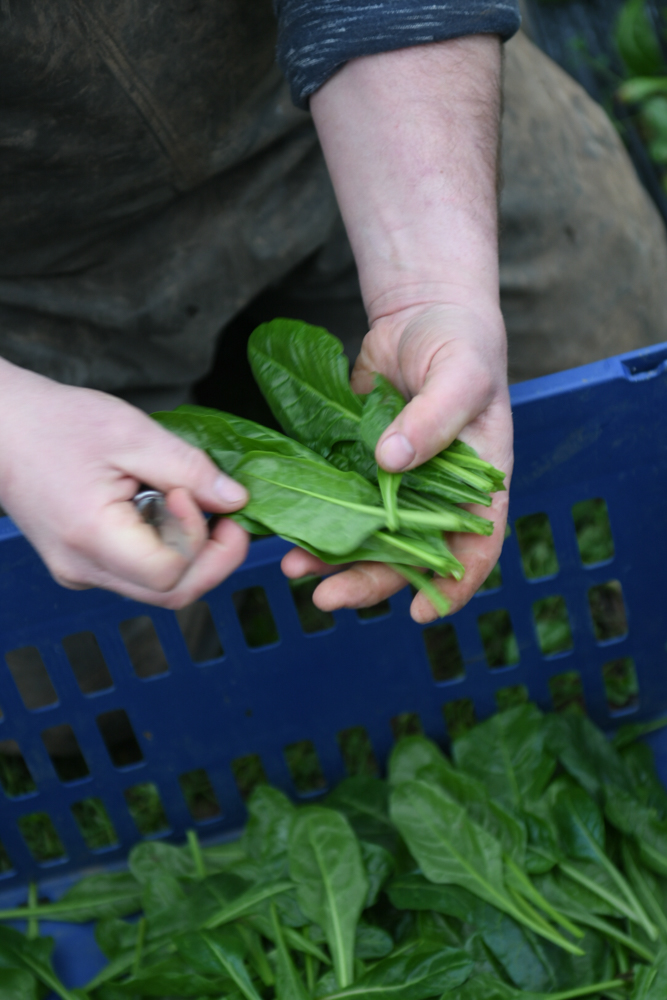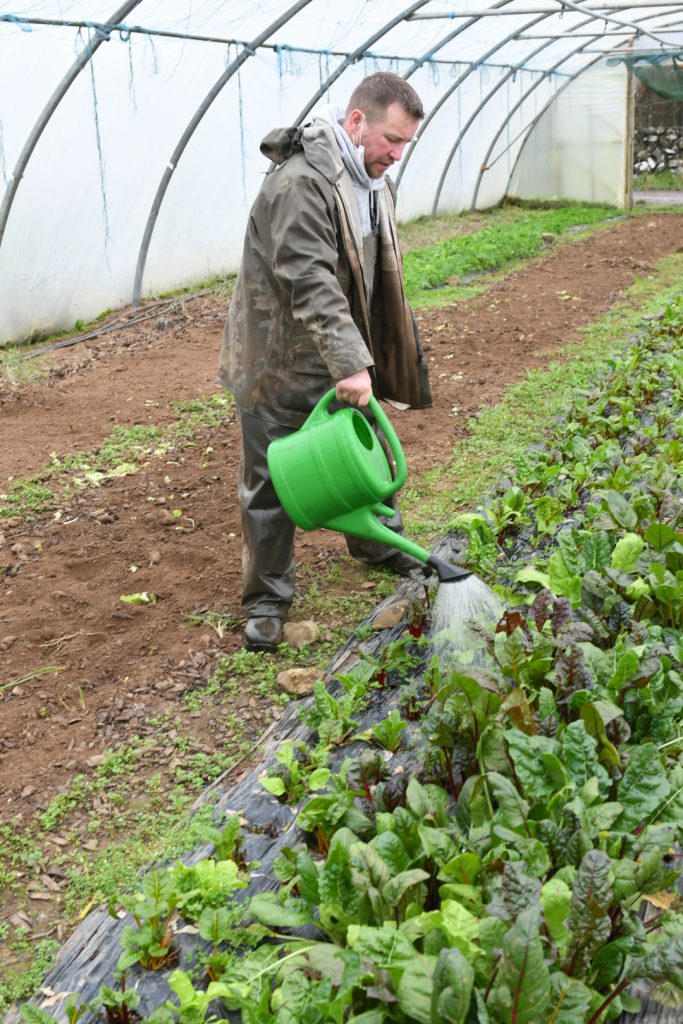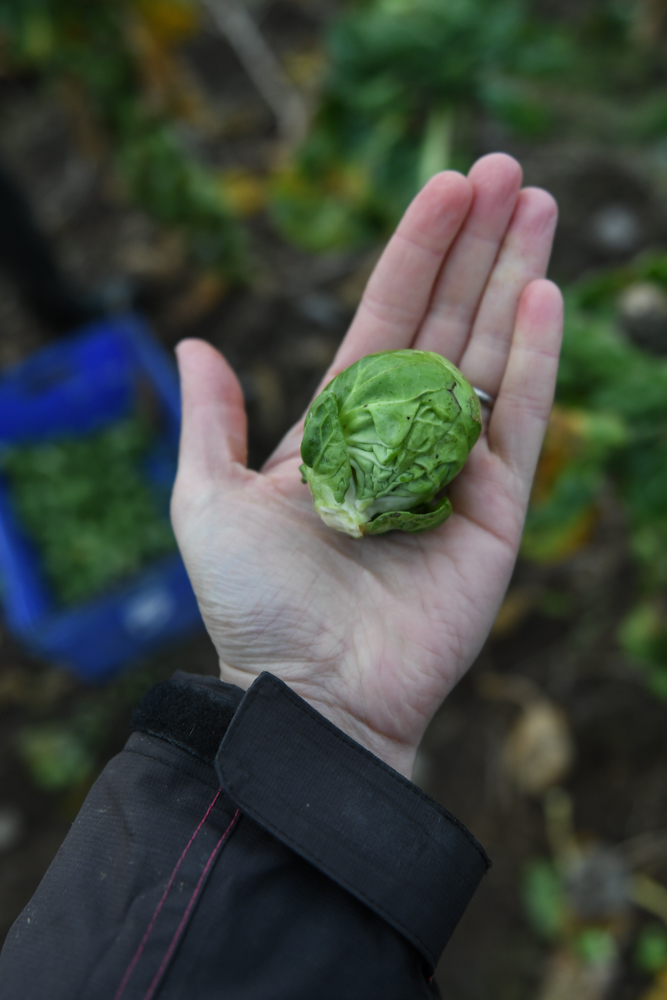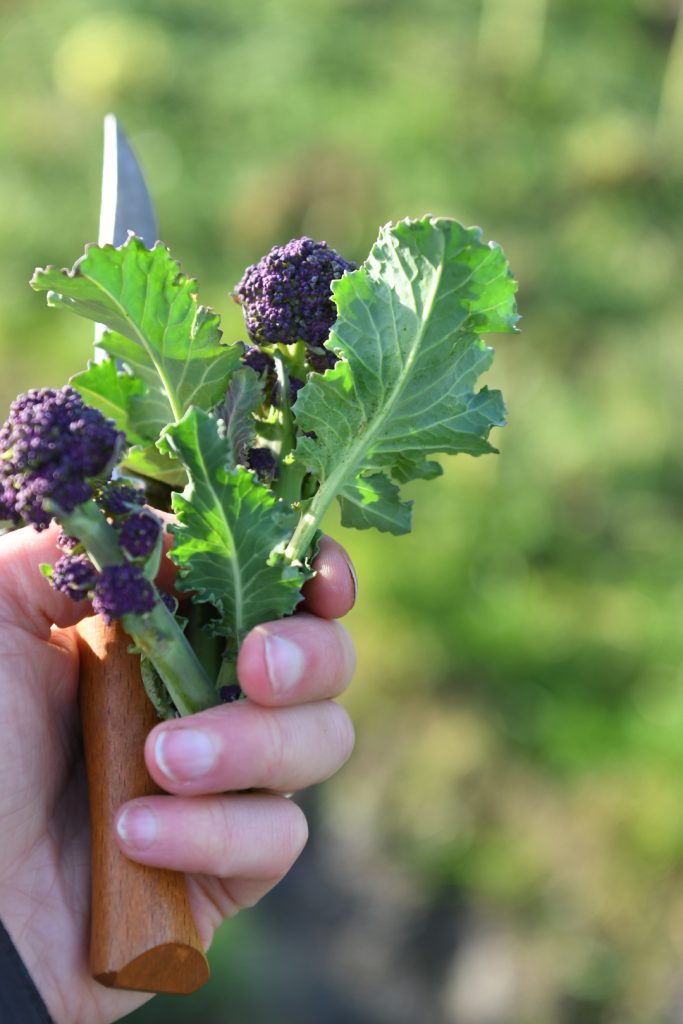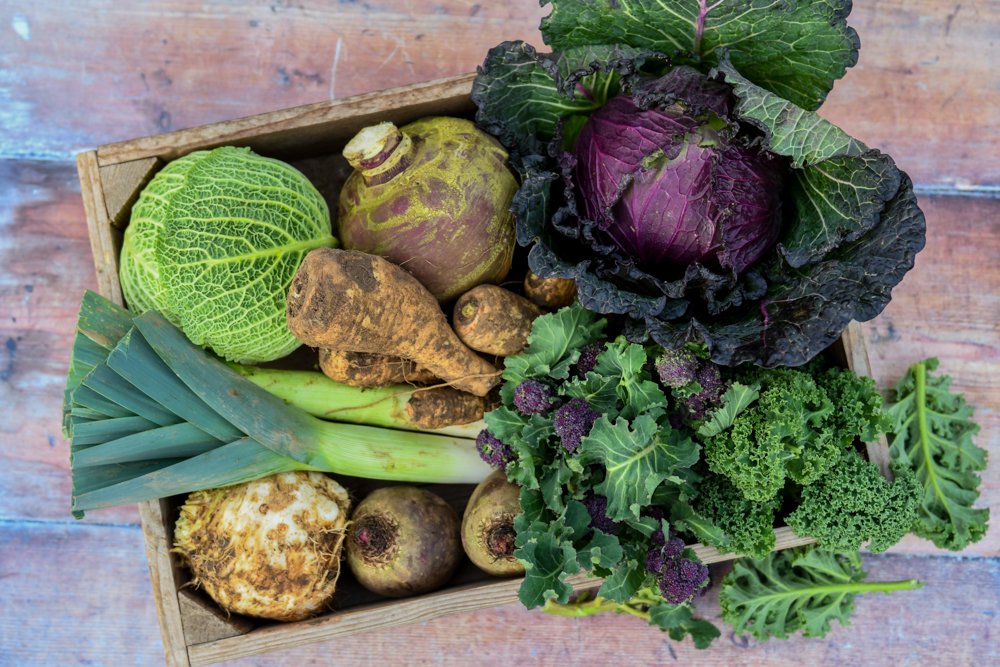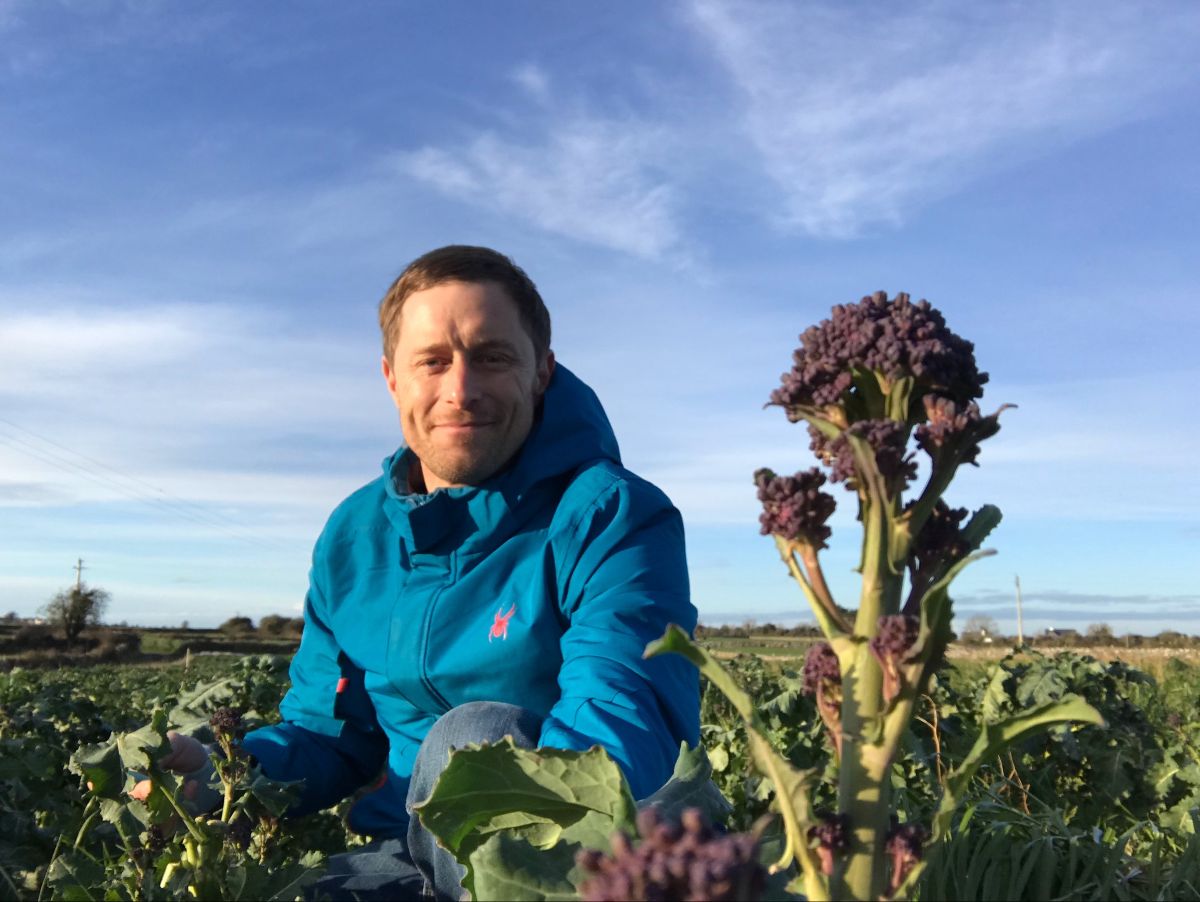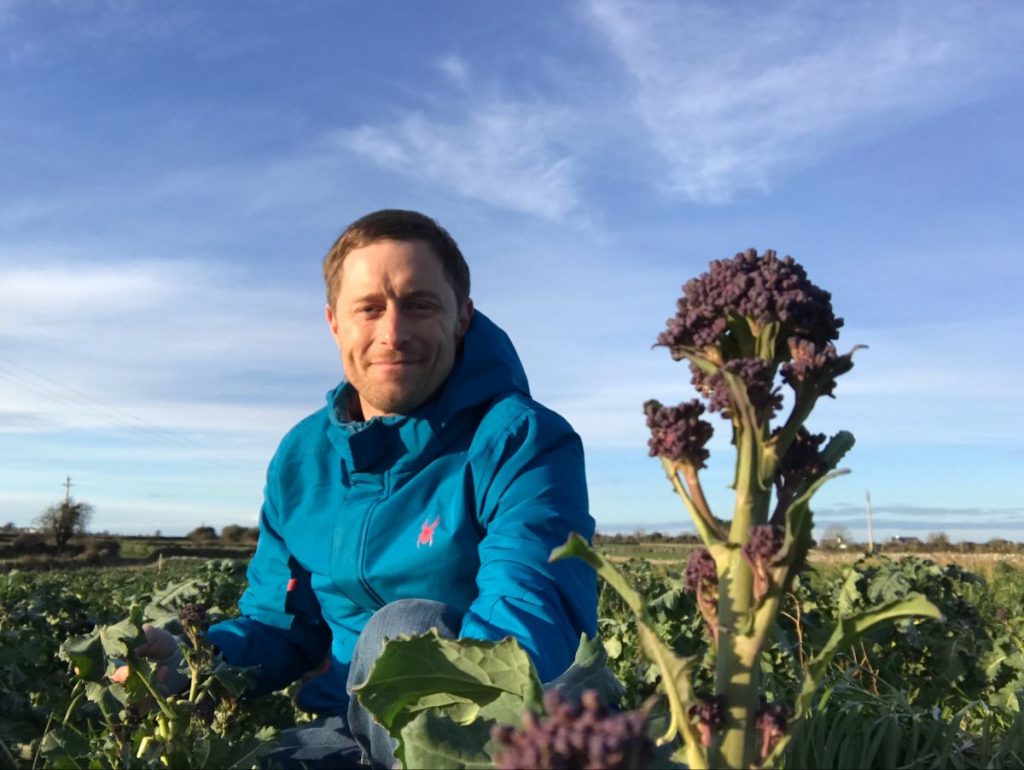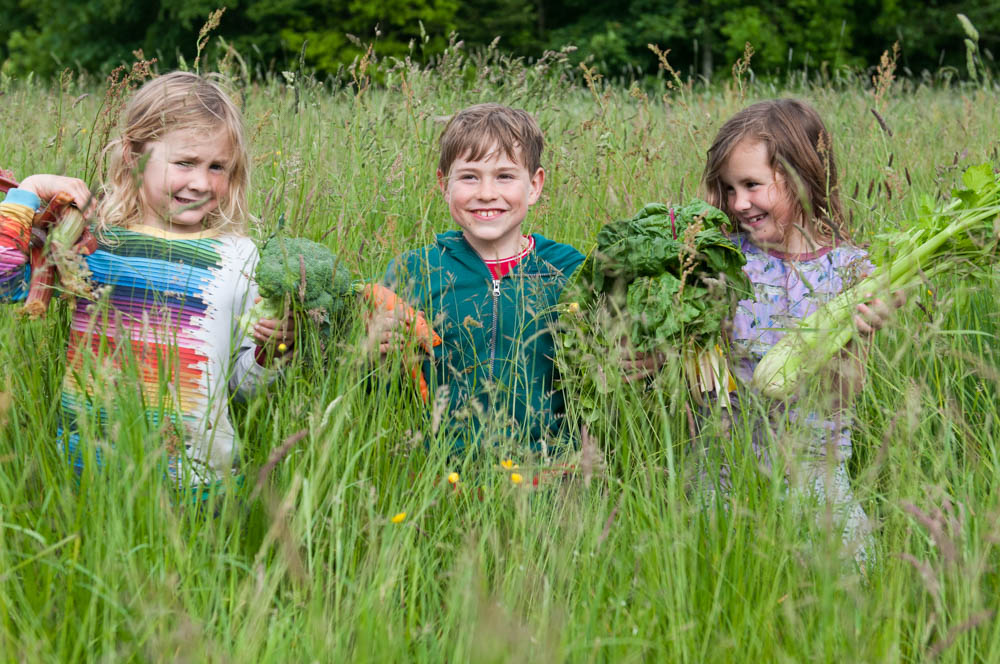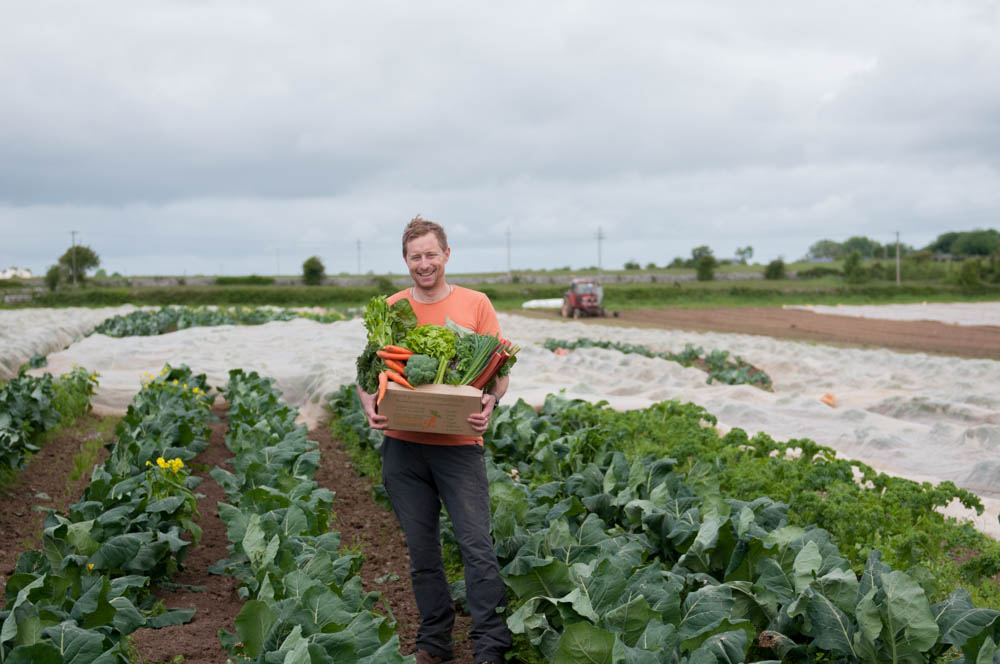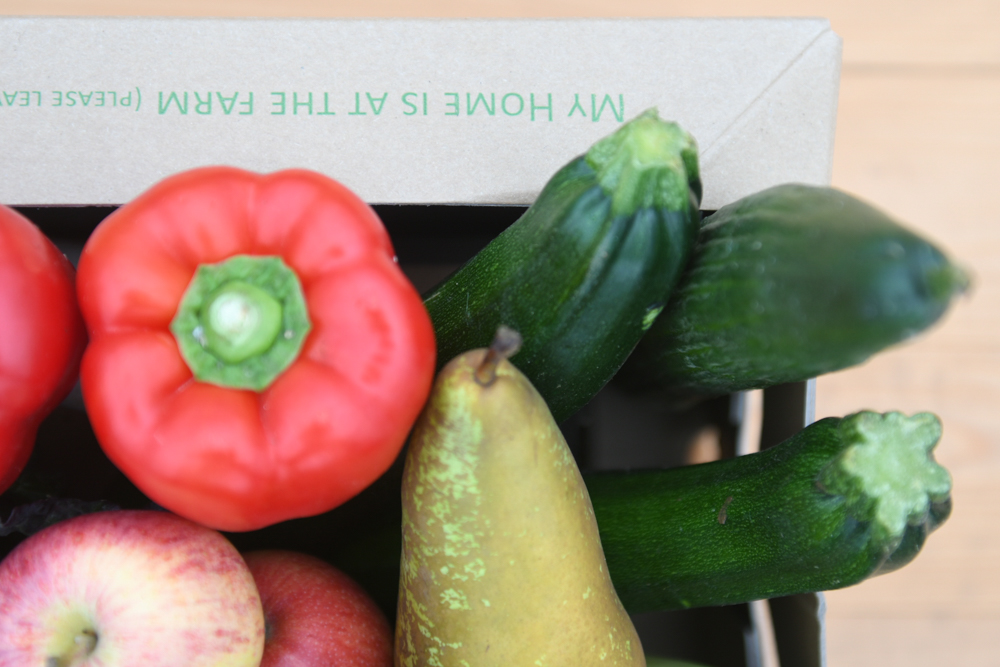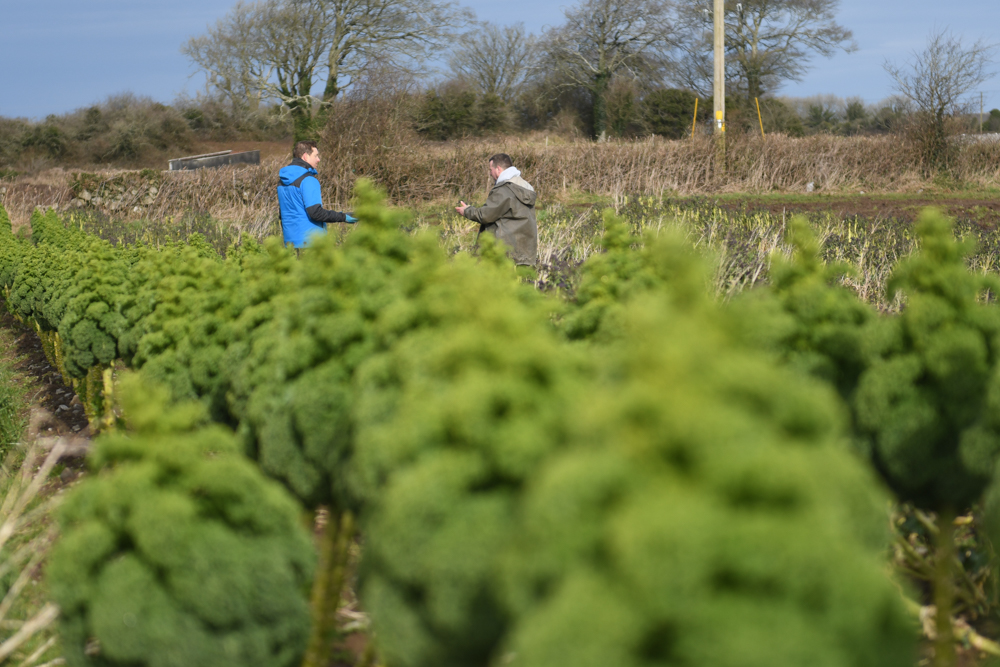
How many more horticultural enterprises organic or otherwise need to go to the wall before we realise it is too late?
A very significant report has been commissioned by the IFA and published this week: the Jim Power Economics’ report states ‘Retail Price Compression Threatens the Viability of Irish Horticulture’. In other words loss leading and below cost selling of fresh produce is putting Irish farmers out of business.
The report’s findings are far from surprising and many primary producers up and down the country will tell you, the power that large retailers hold is enormous. They have hollowed out the horticulture industry here in Ireland and it is in real danger of closing it’s doors for good unless there is meaningful change.
It states that farmers are the weakest link in the supply chain, they have the least say in what they get for the food they grow.
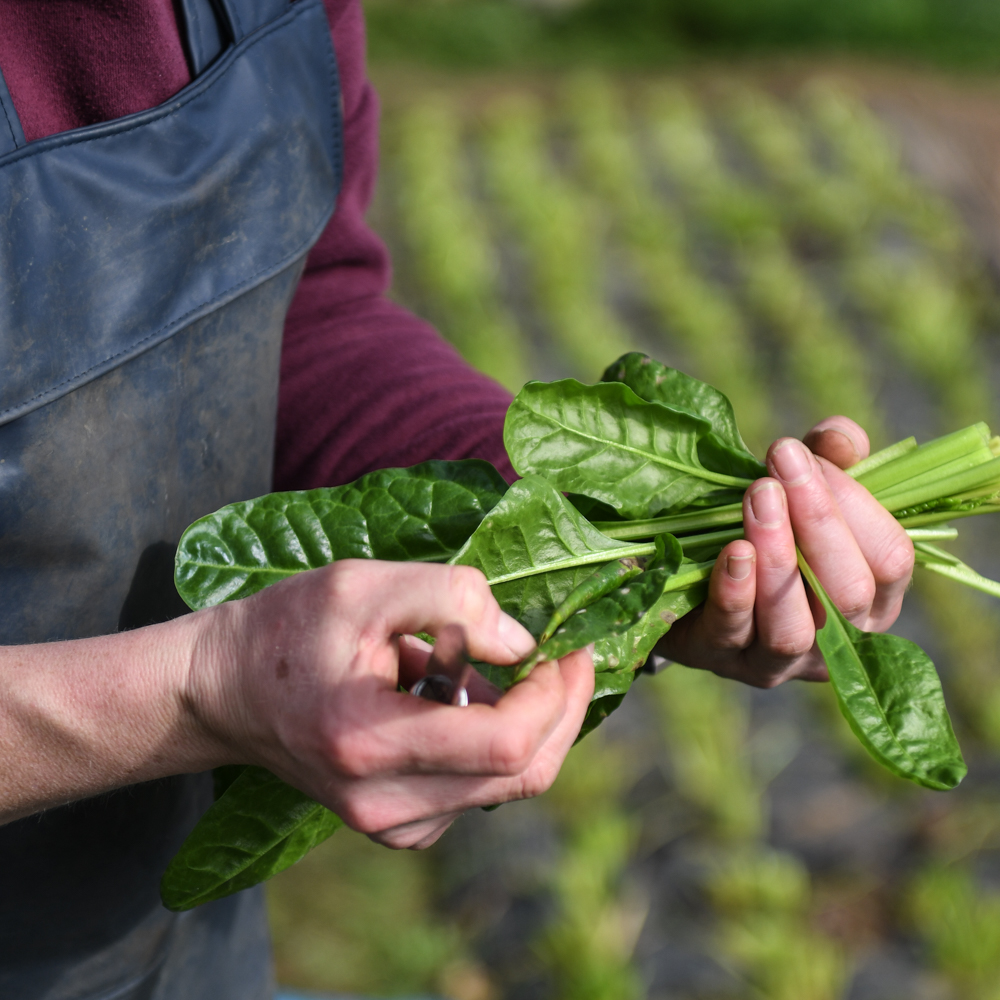
Imagine the food we eat, put into our bodies, the very stuff that makes us tick and to a large extent will dictate how long we will live, our fresh food as far as supermarkets are concerned should cost as close to zero as possible. Are we all complicit in this race to the bottom though?
It is why in part that we ditched supply to the supermarkets all those years ago, in the famous words of Frank Sinatra we decided “to do it our own way”. It isn’t all roses either here as we are constantly competing with the very idea that food should be cheap, and we cannot compete with the supermarkets.
But it really is only through your support, by reading this, by supporting our business and farm week in week out that we are still here and have expanded our farm and continue to grow healthy happy food, whilst nurturing the land for 16 years.
The report goes on to say:
“A cheap food policy is not a sensible food policy”
It singles out the discounters as the main driver that have severely undercut the price given to Irish farmers, and as a result all other major retailer have had to follow suit to stay competitive. The end result is less for the farmer. This year the second biggest Brussel sprout farmer in Ireland closed his doors for good as the price he was getting for his food meant his business was unsustainable.
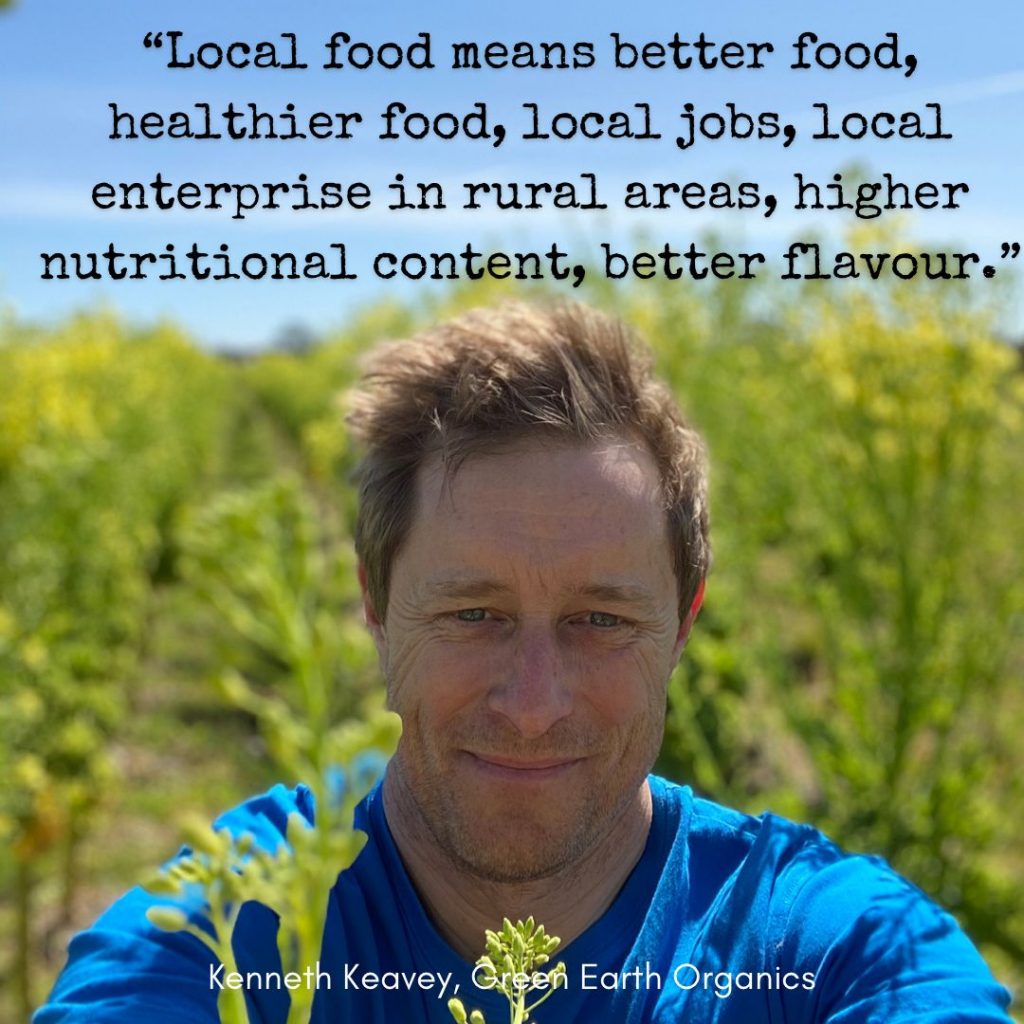
I really wonder how many of those farmers that adorn the walls of the supermarket aisles have forced smiles on their faces for fear of losing their contracts?
As real costs increase and as the price the farmer gets paid for the produce decreases how does that equation end up? Yesterday we paid over €2000 for agri diesel for our tractors, last year it was less than half that. It clearly is not sustainable.
Where will all this end, I wonder? Well maybe, just maybe, it will end with change, and with more and more people making the choice to support local food where possible, even if it costs more (and yes in these times that is a big ask).
But the benefits are immense: Local food means better food, healthier food, local jobs, local enterprise in rural areas, higher nutritional content, better flavour. If it is organic too then the health benefits and the benefits to the planet are surely worth something too?
Kenneth
